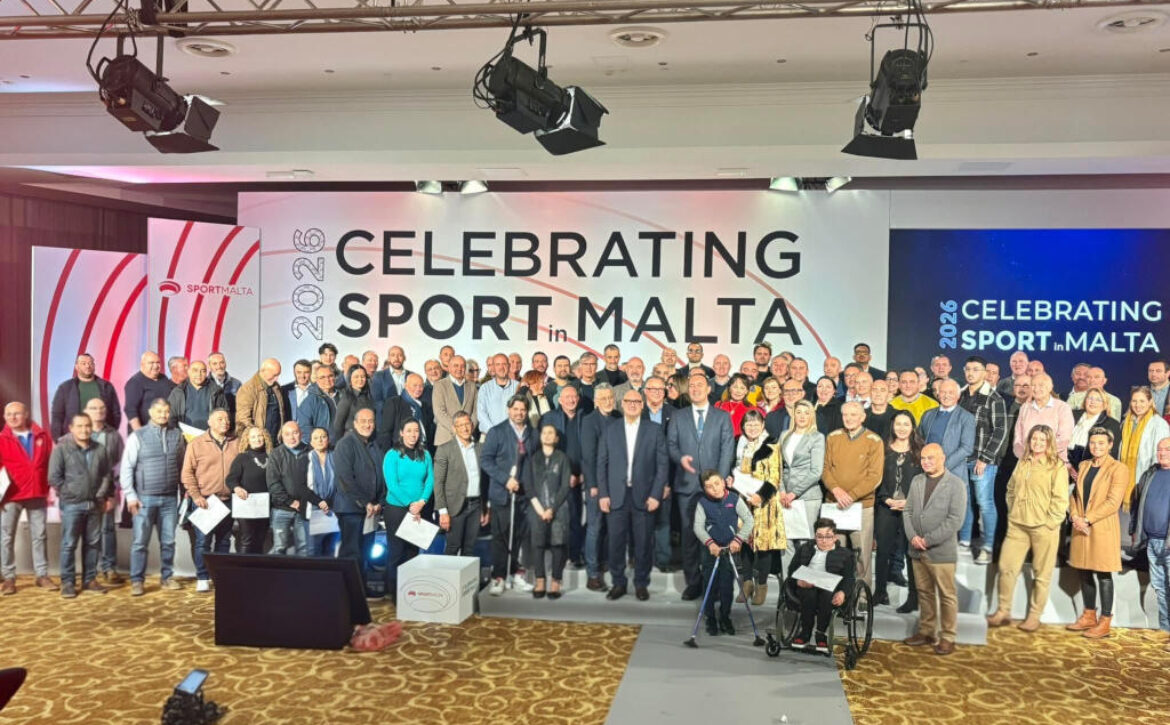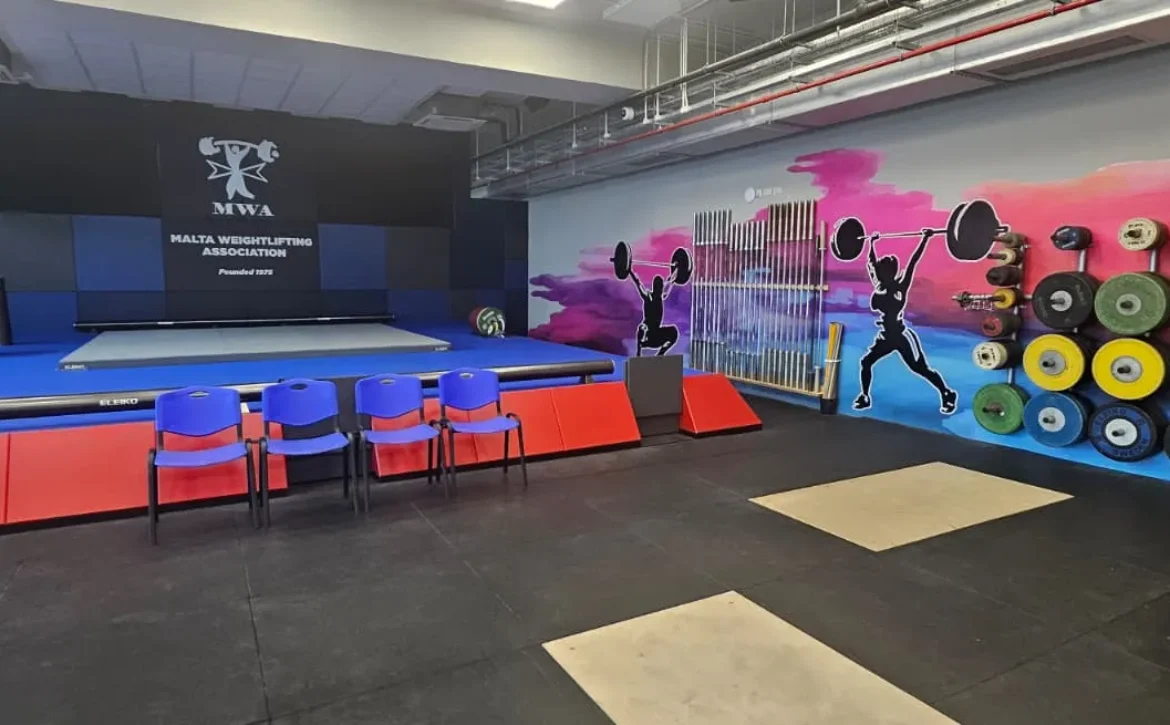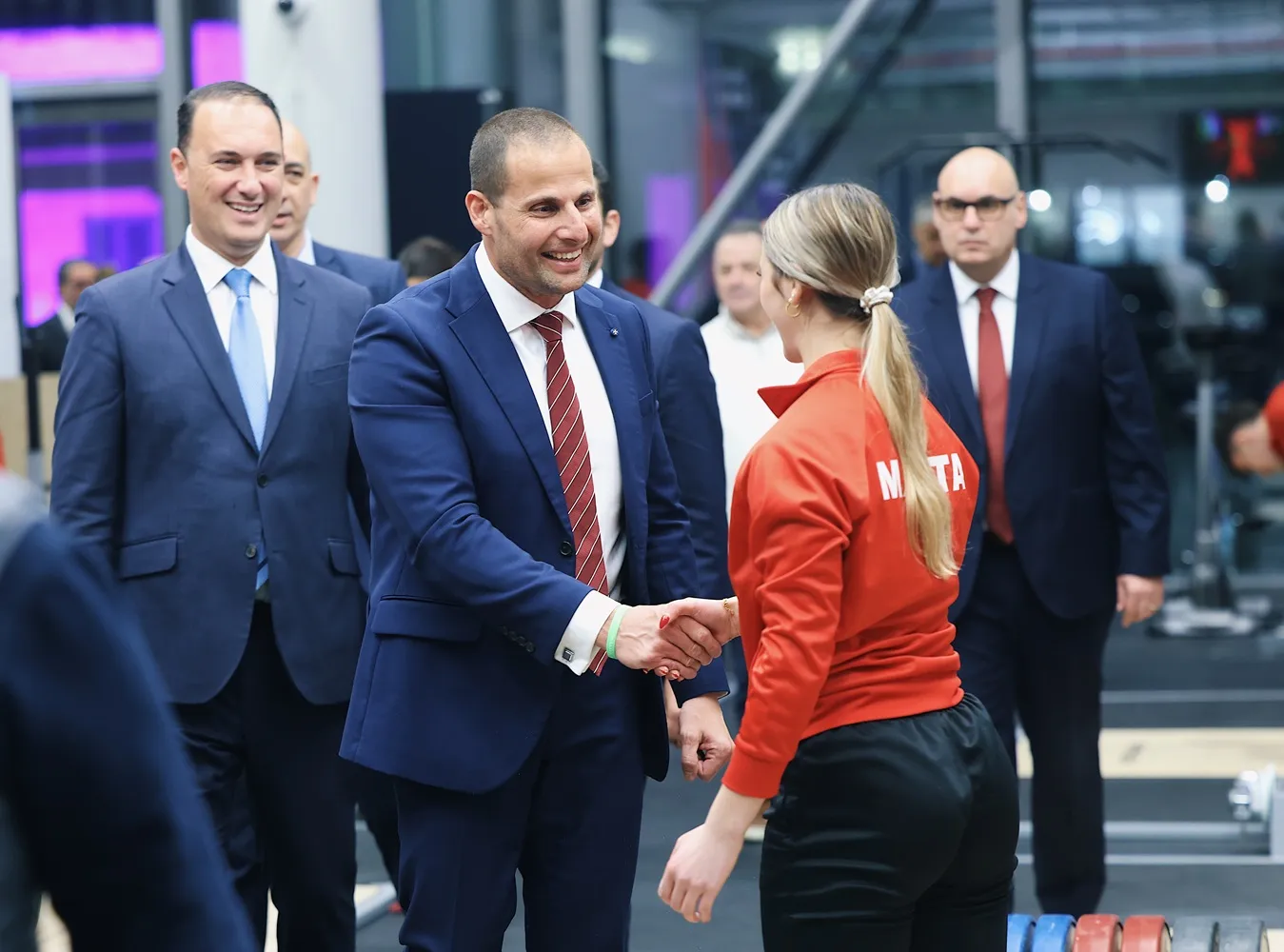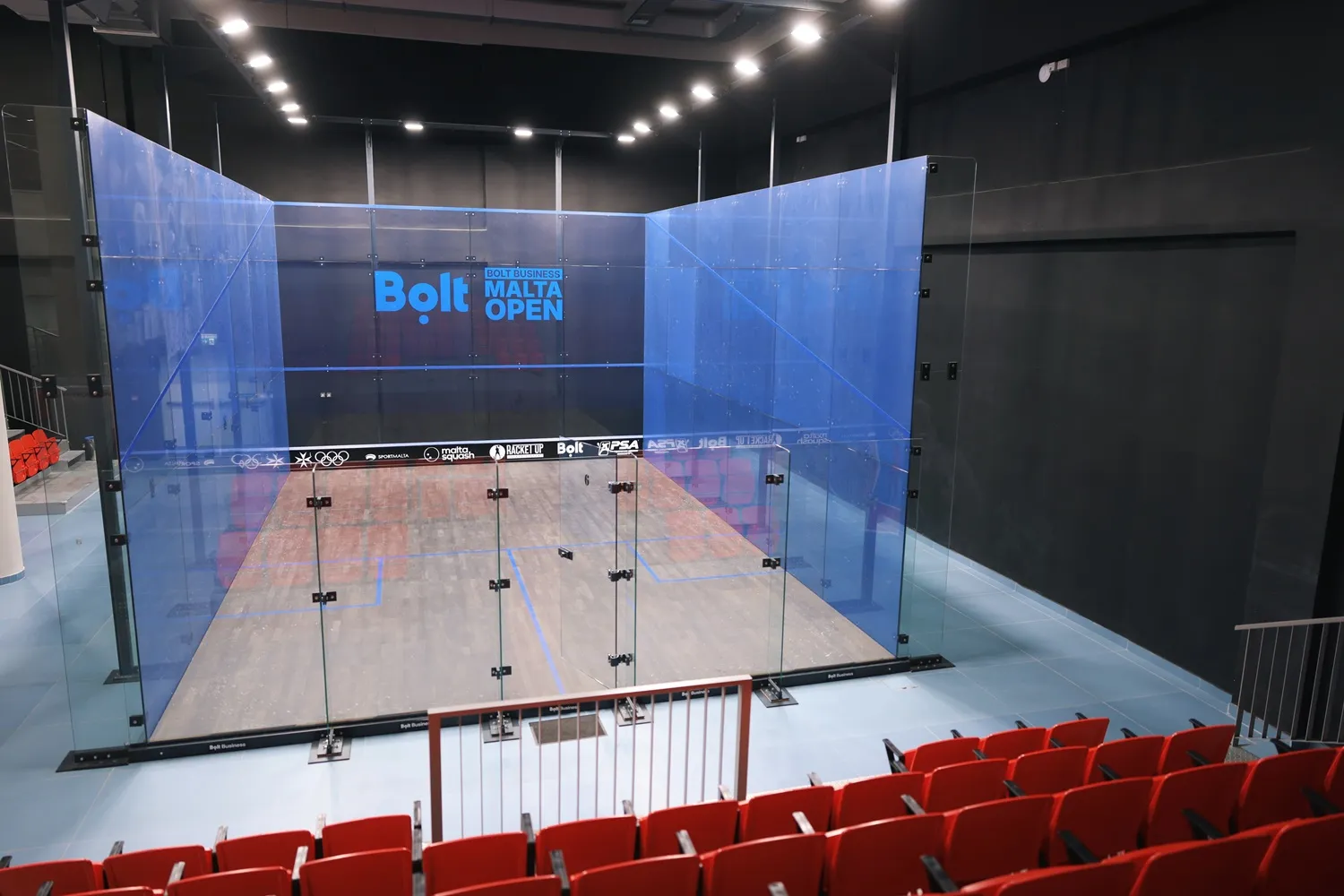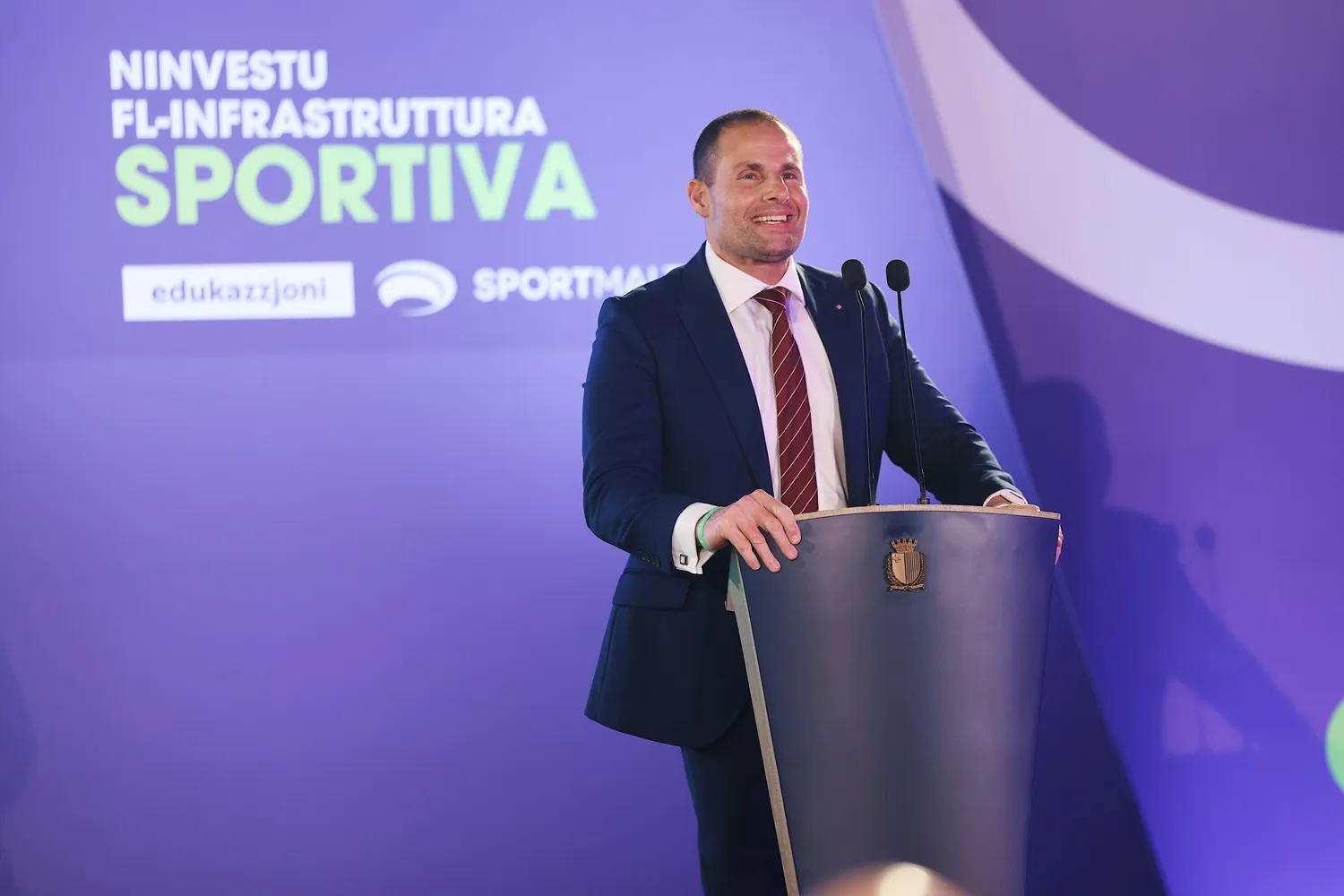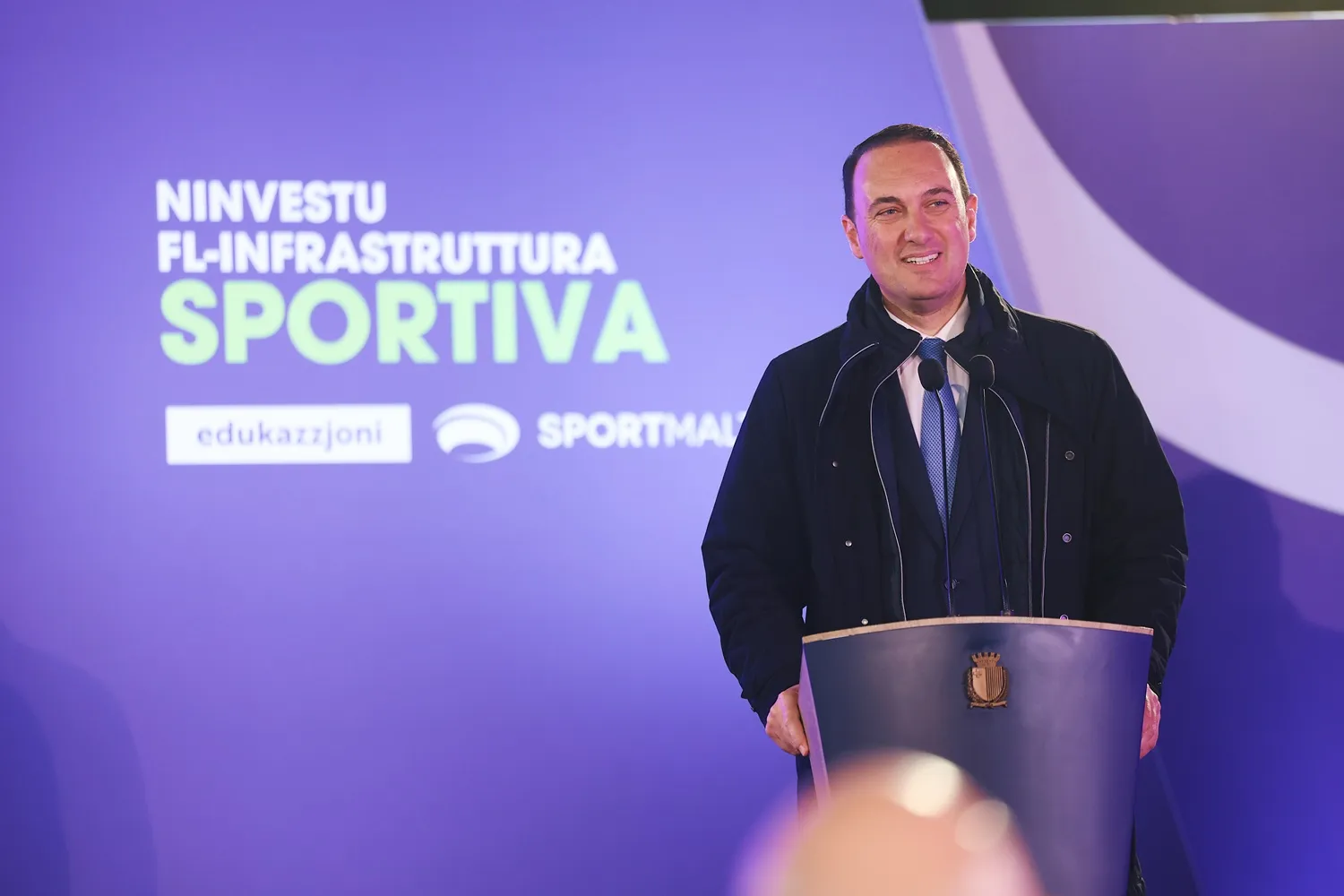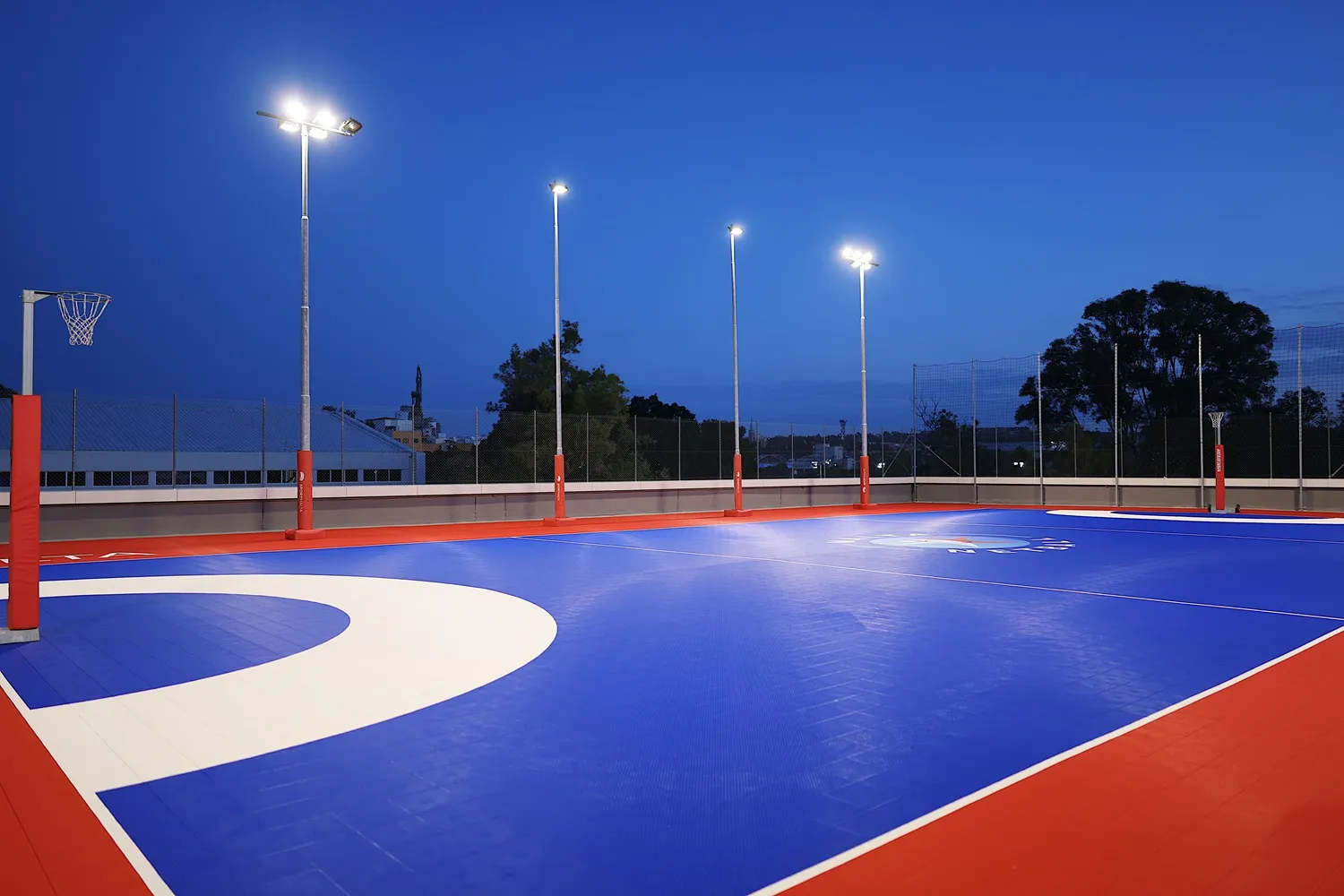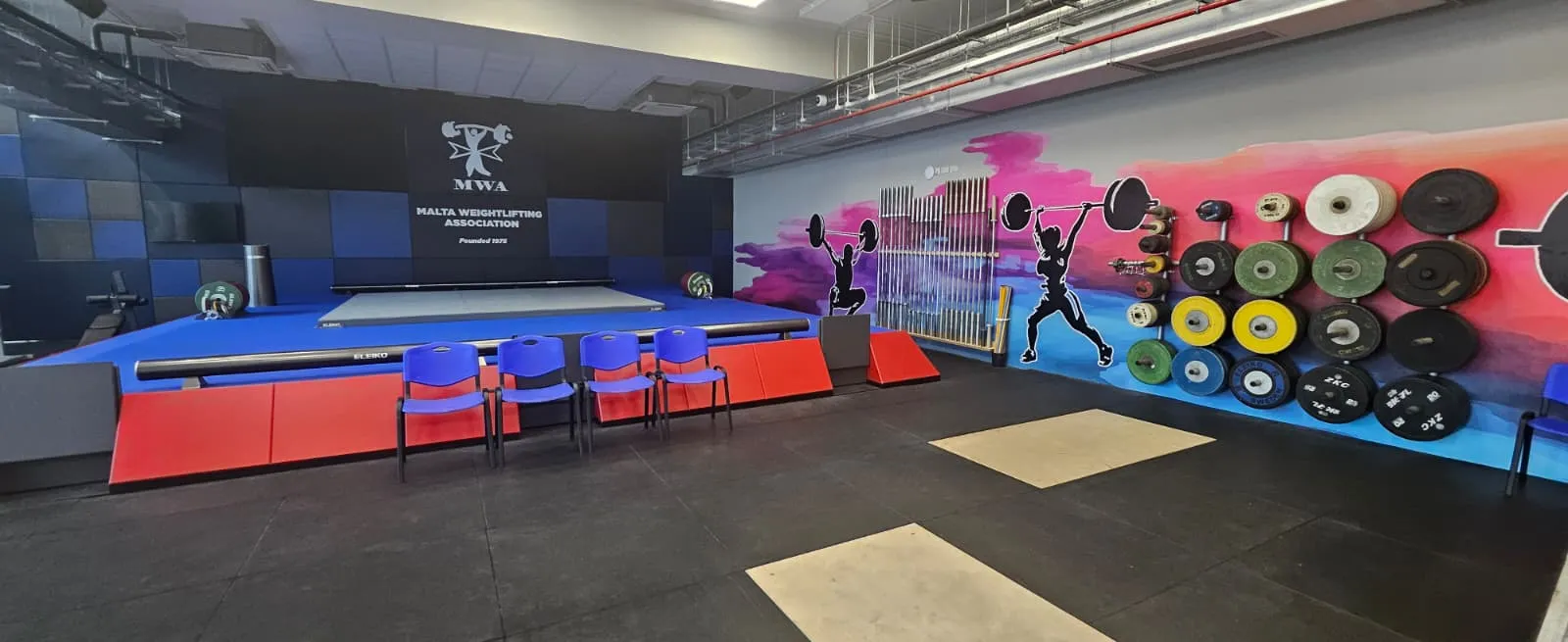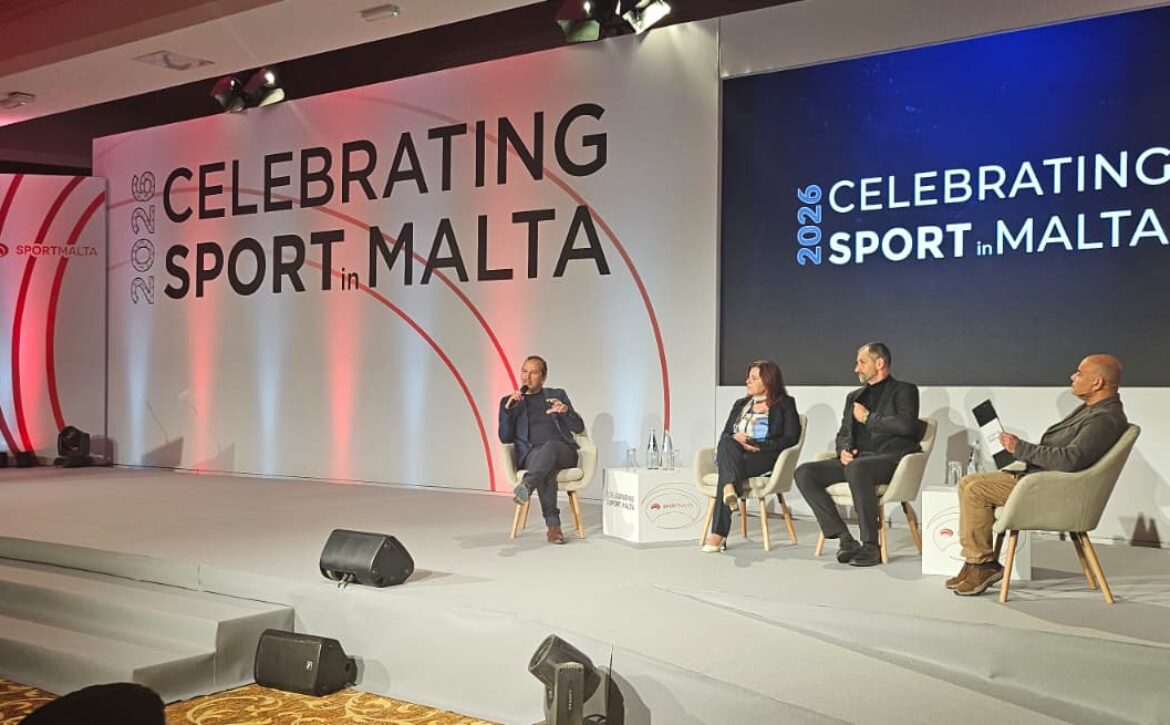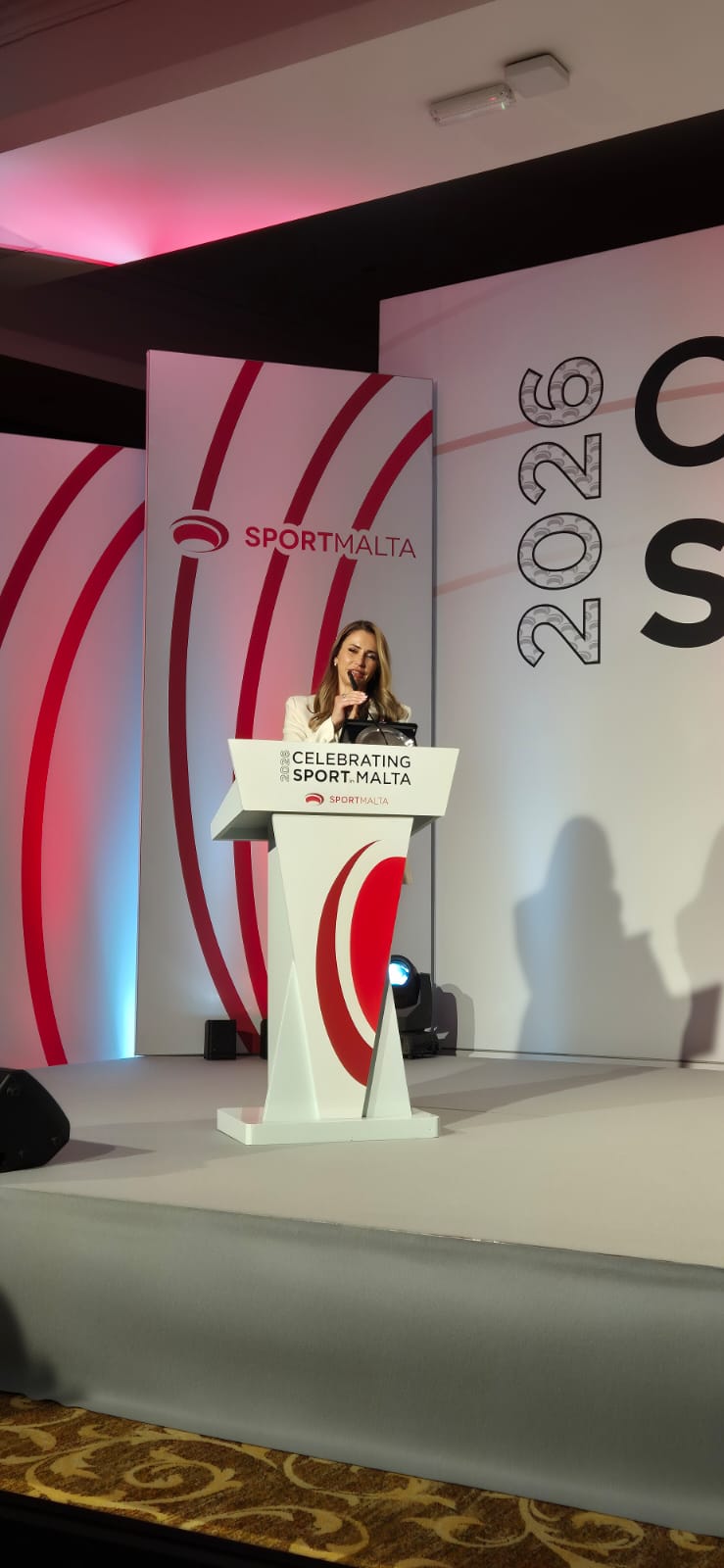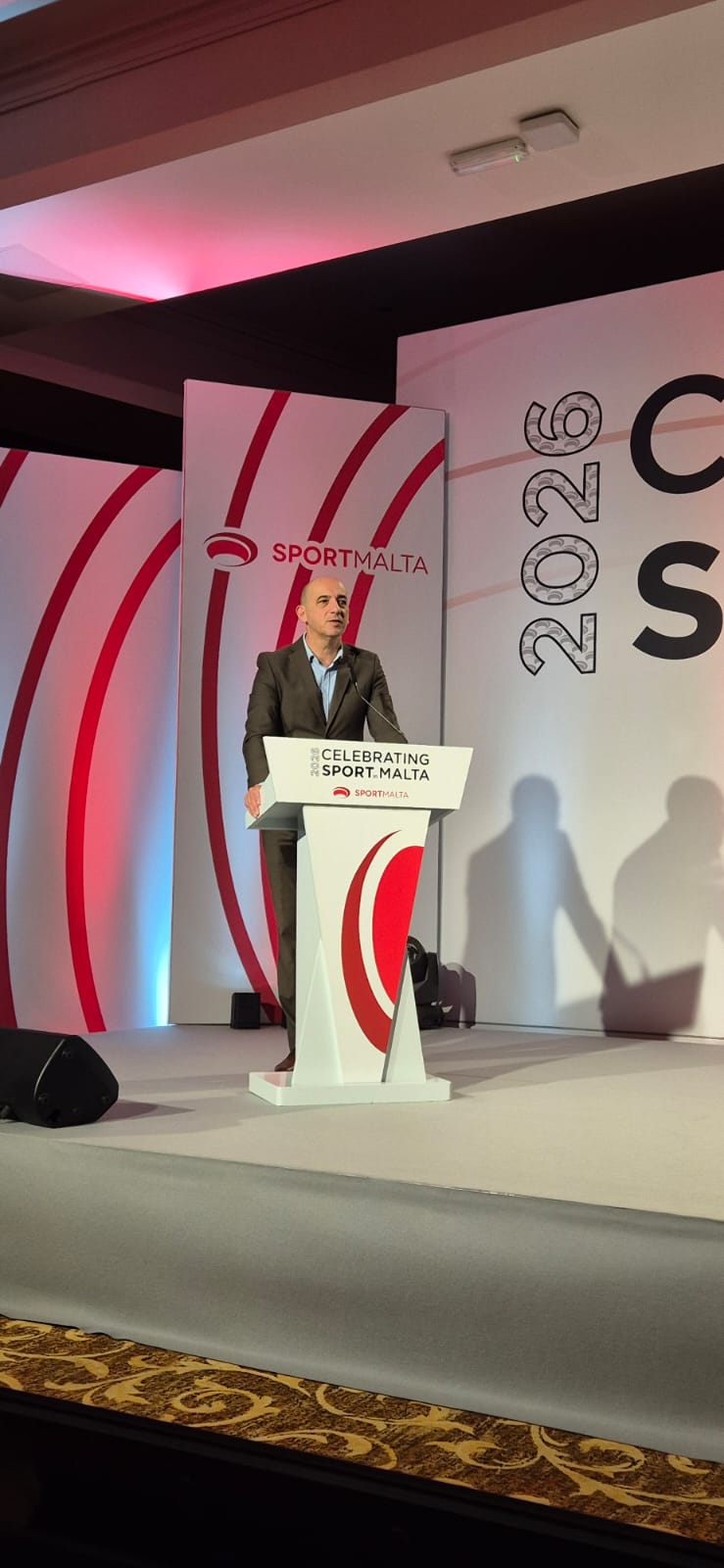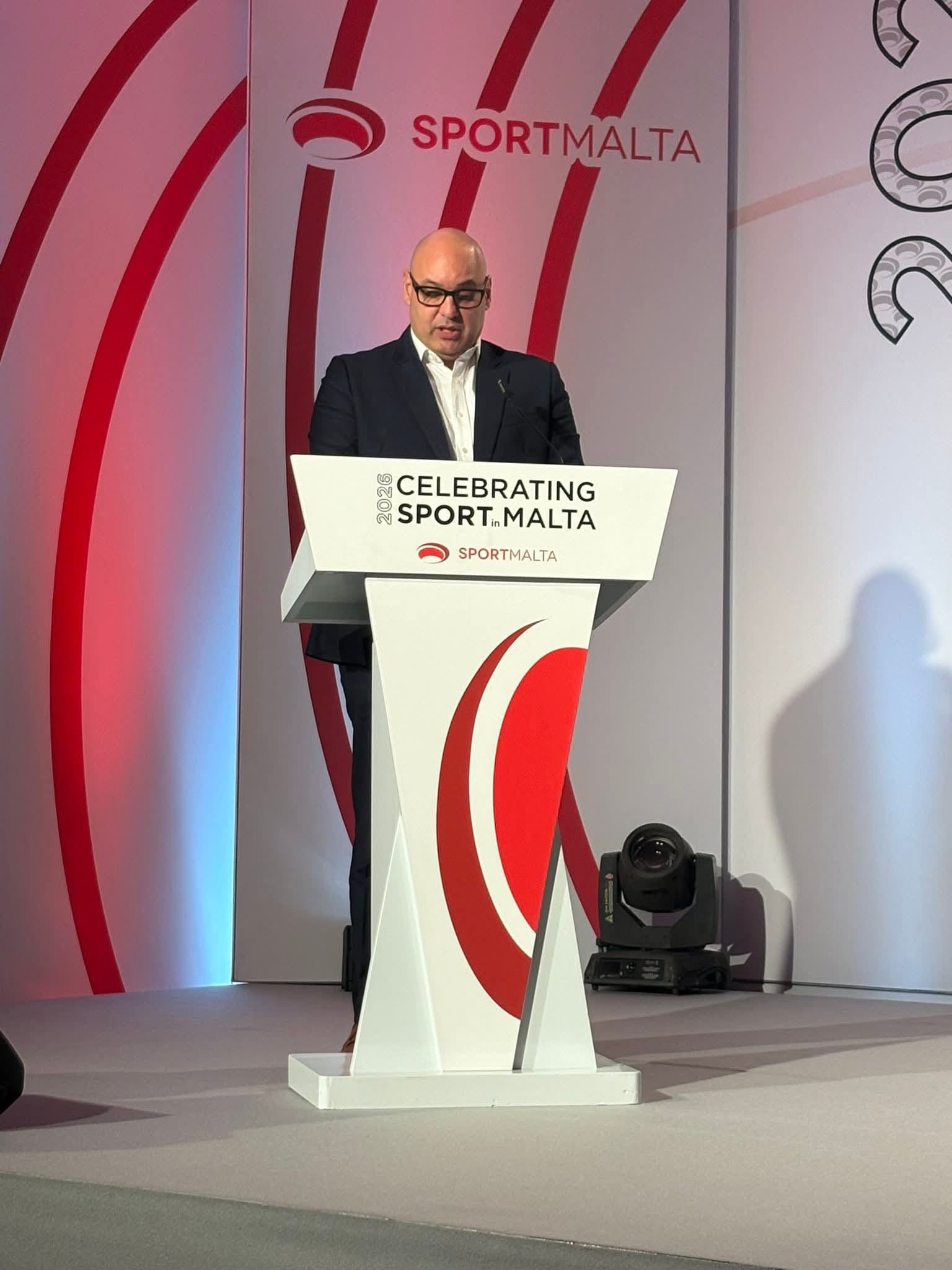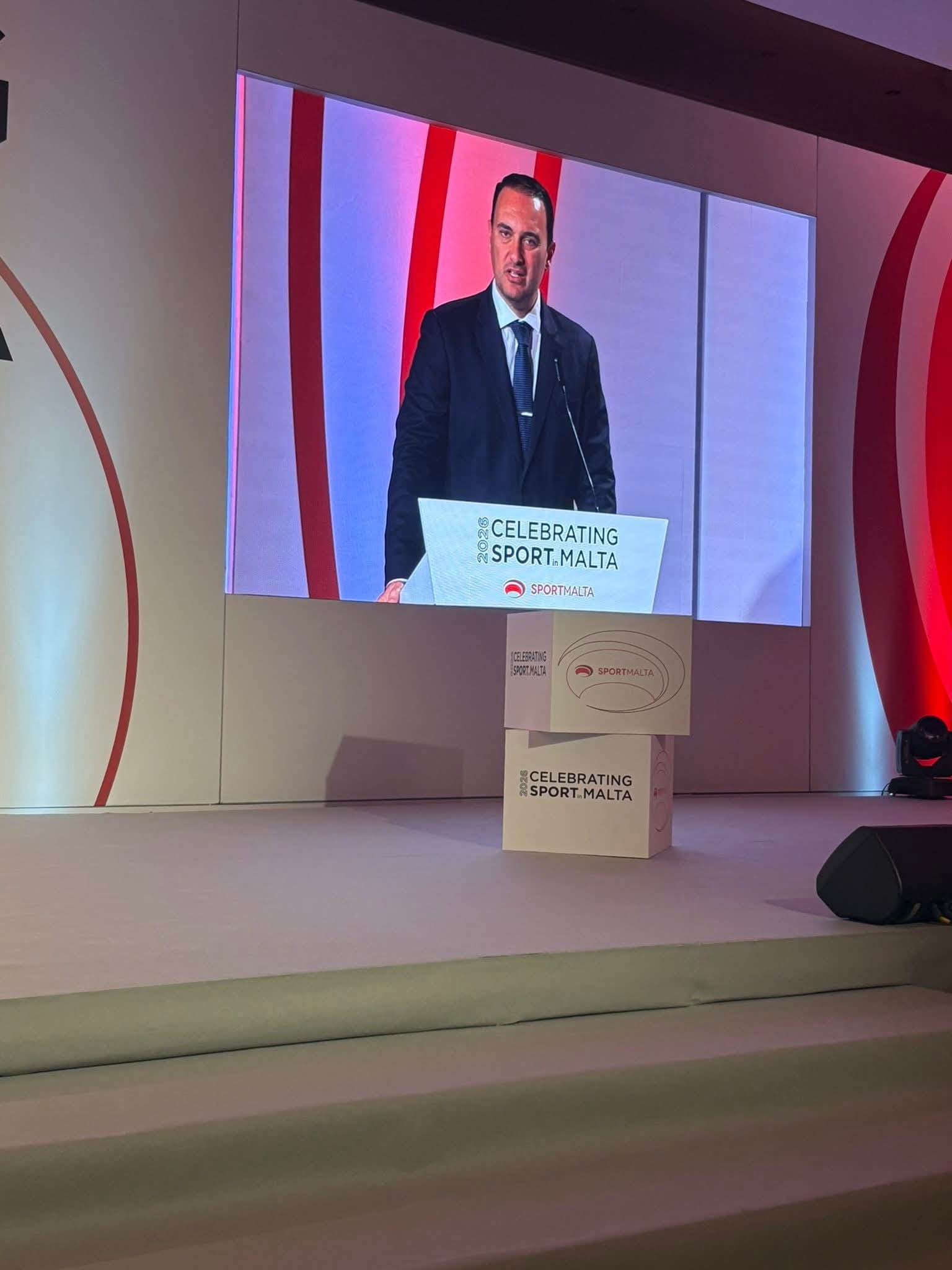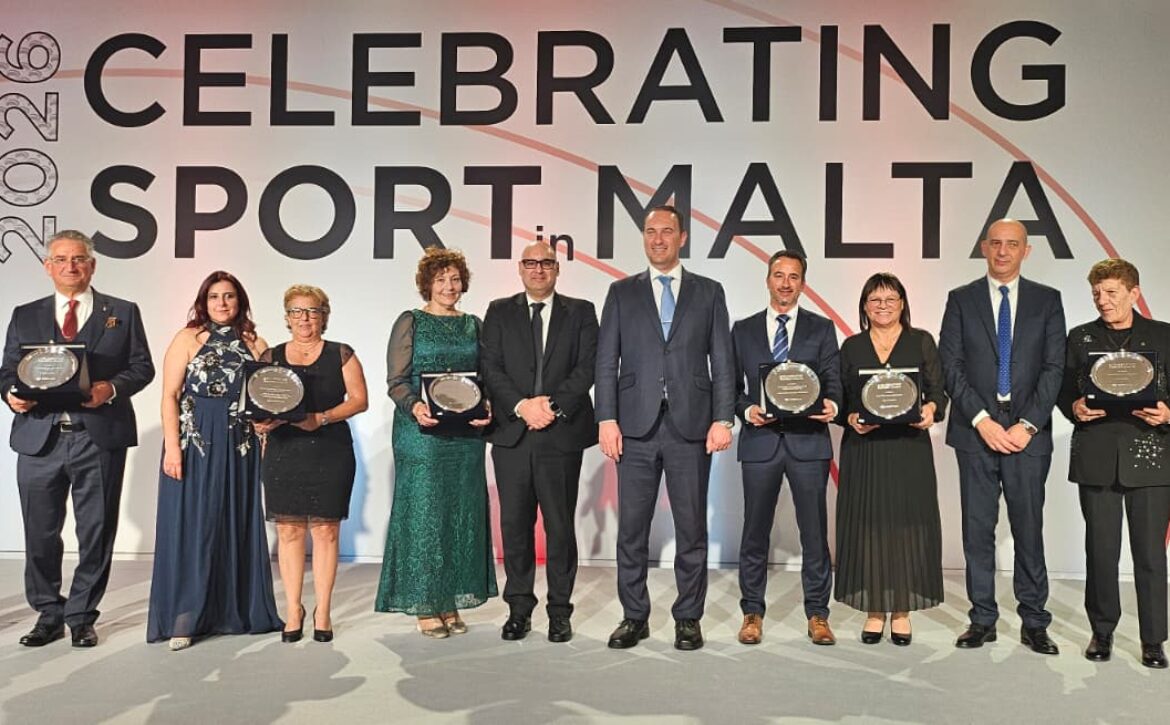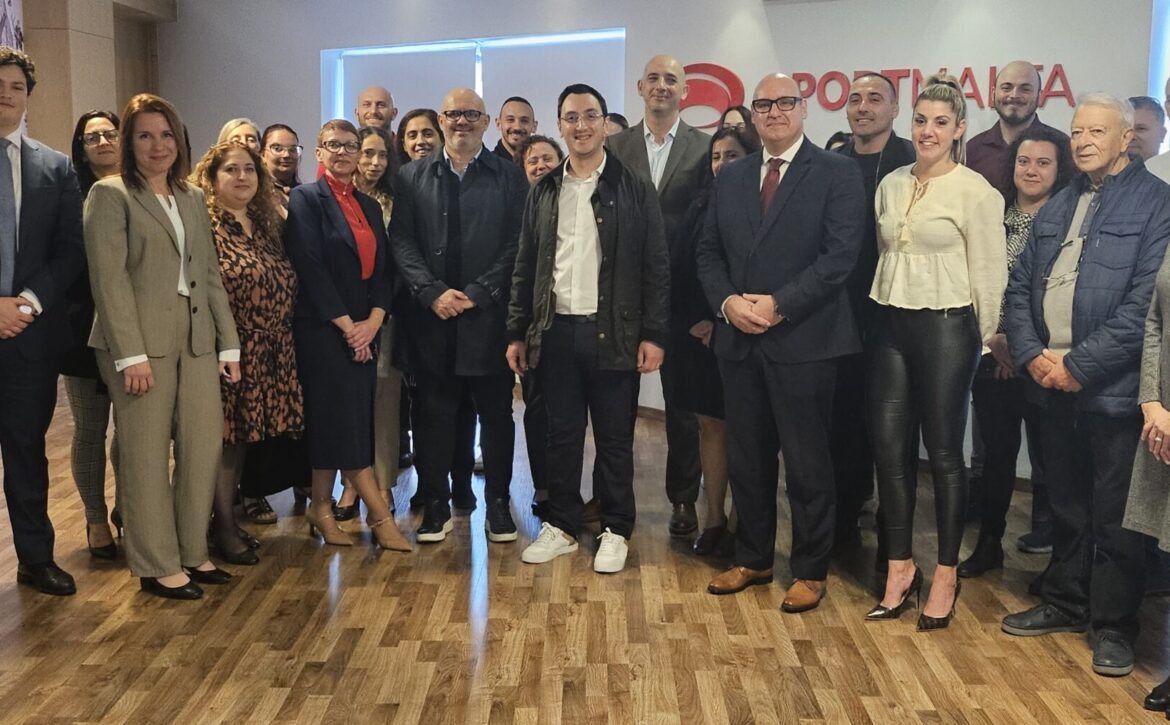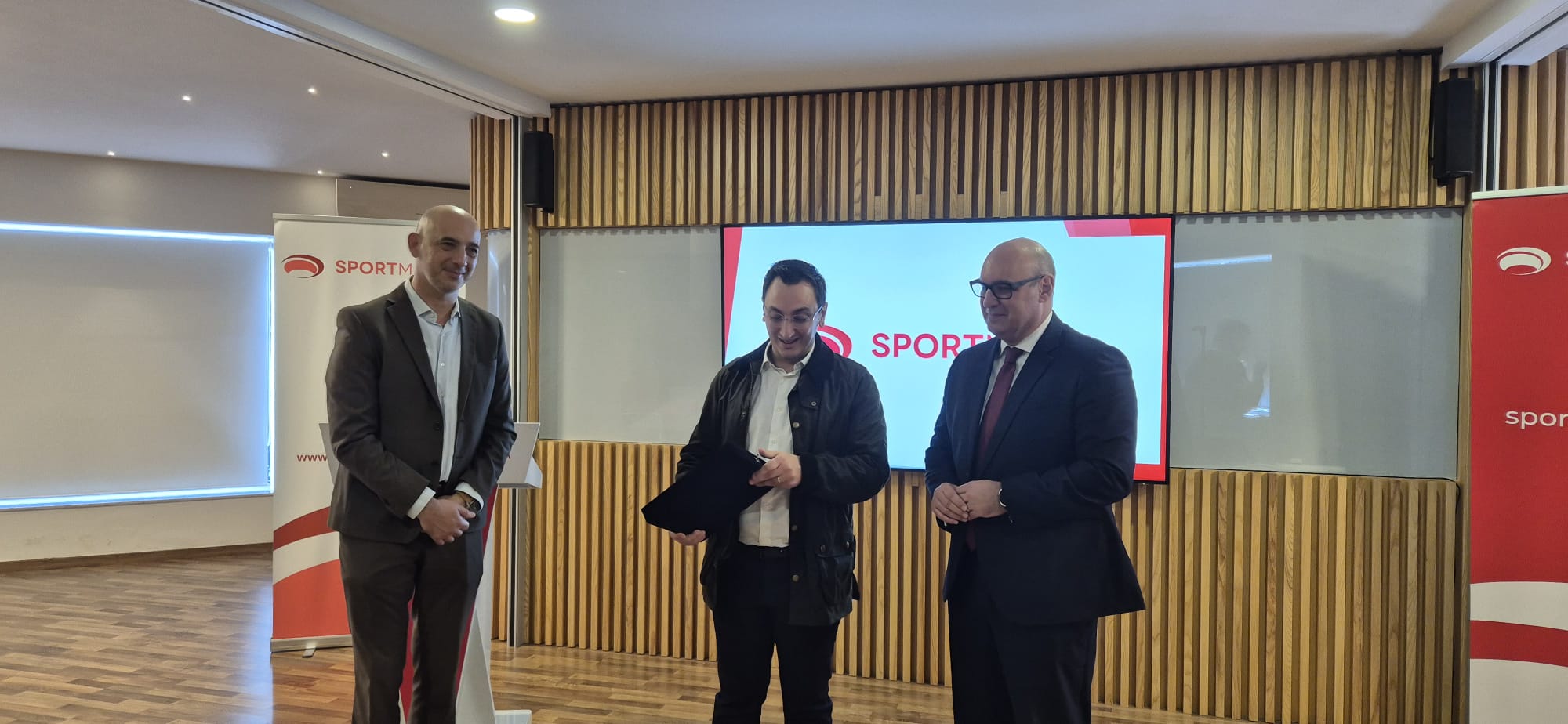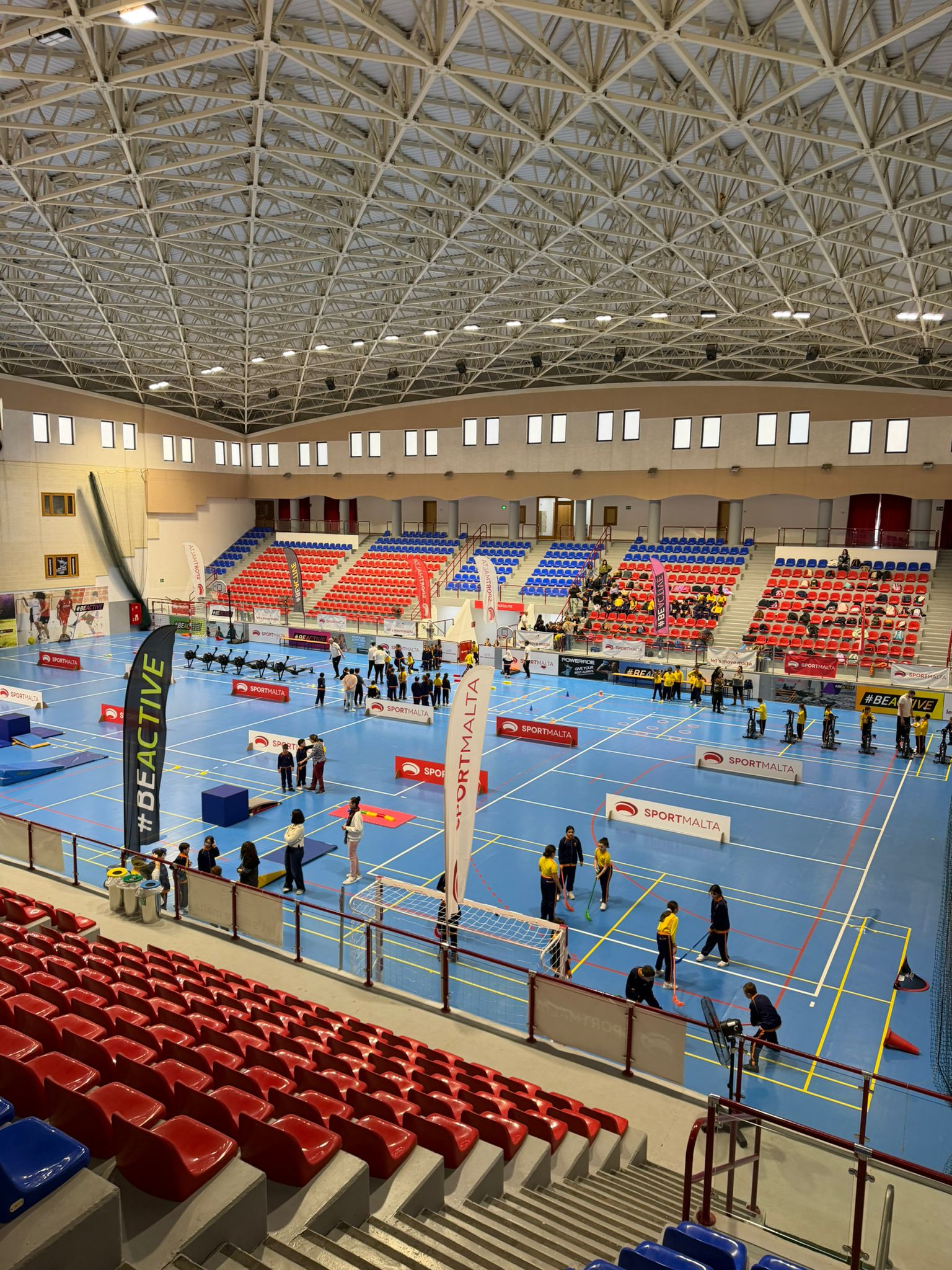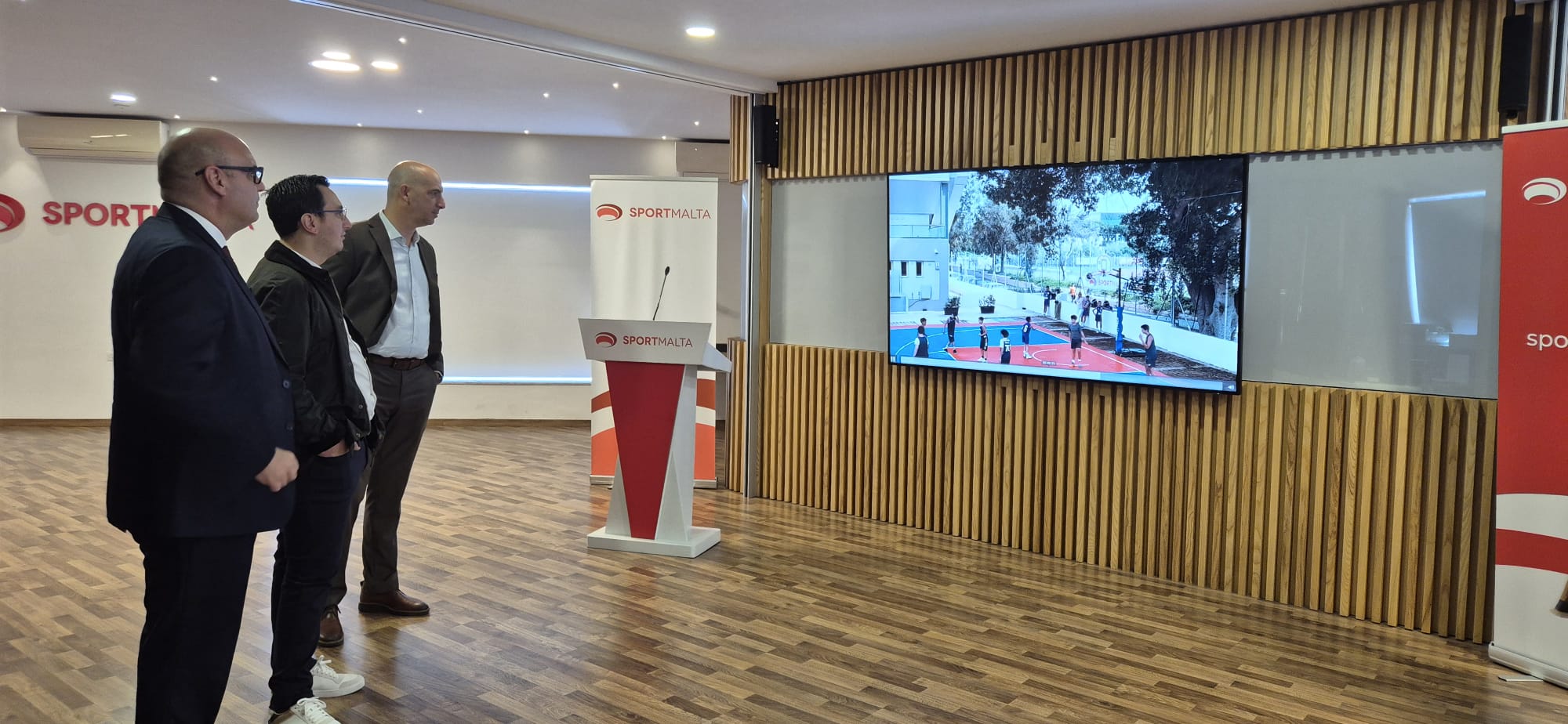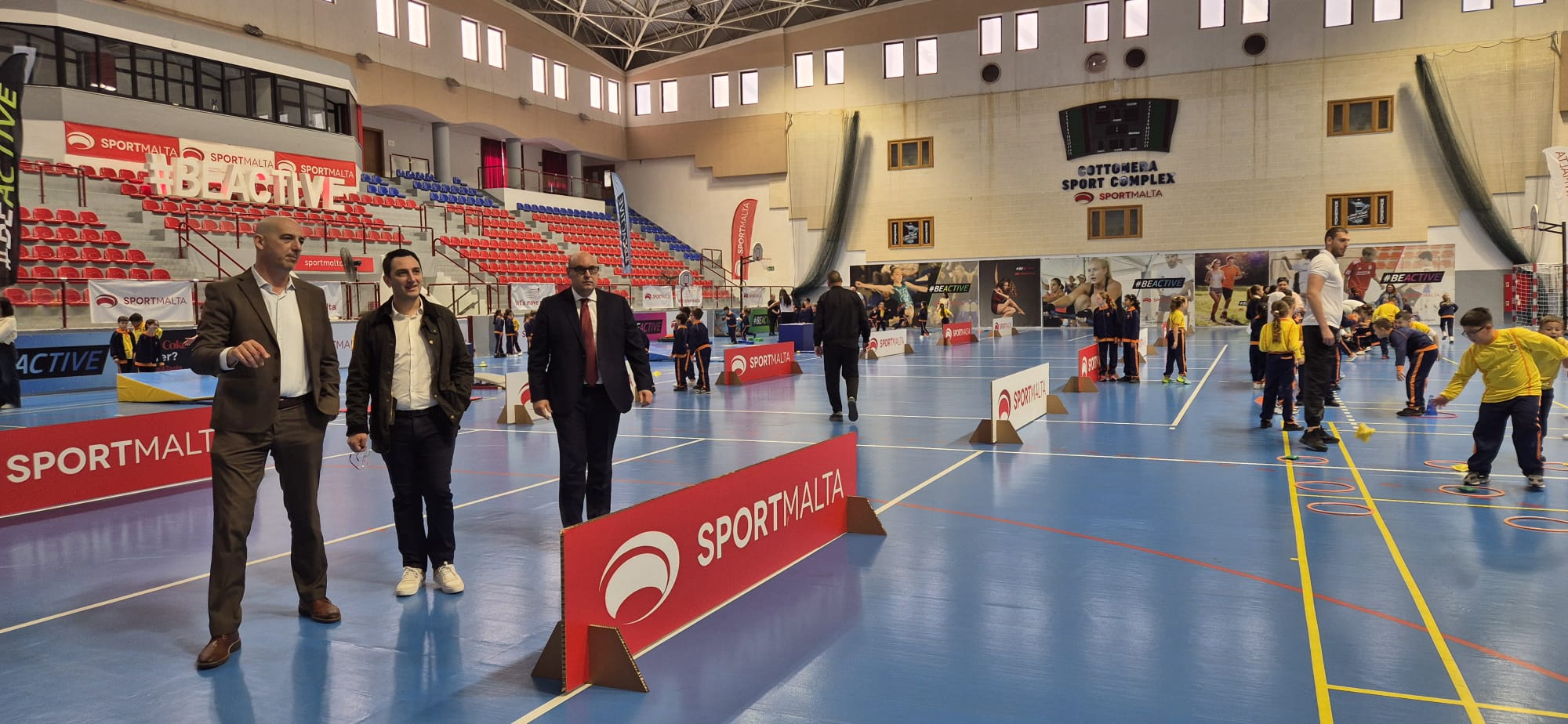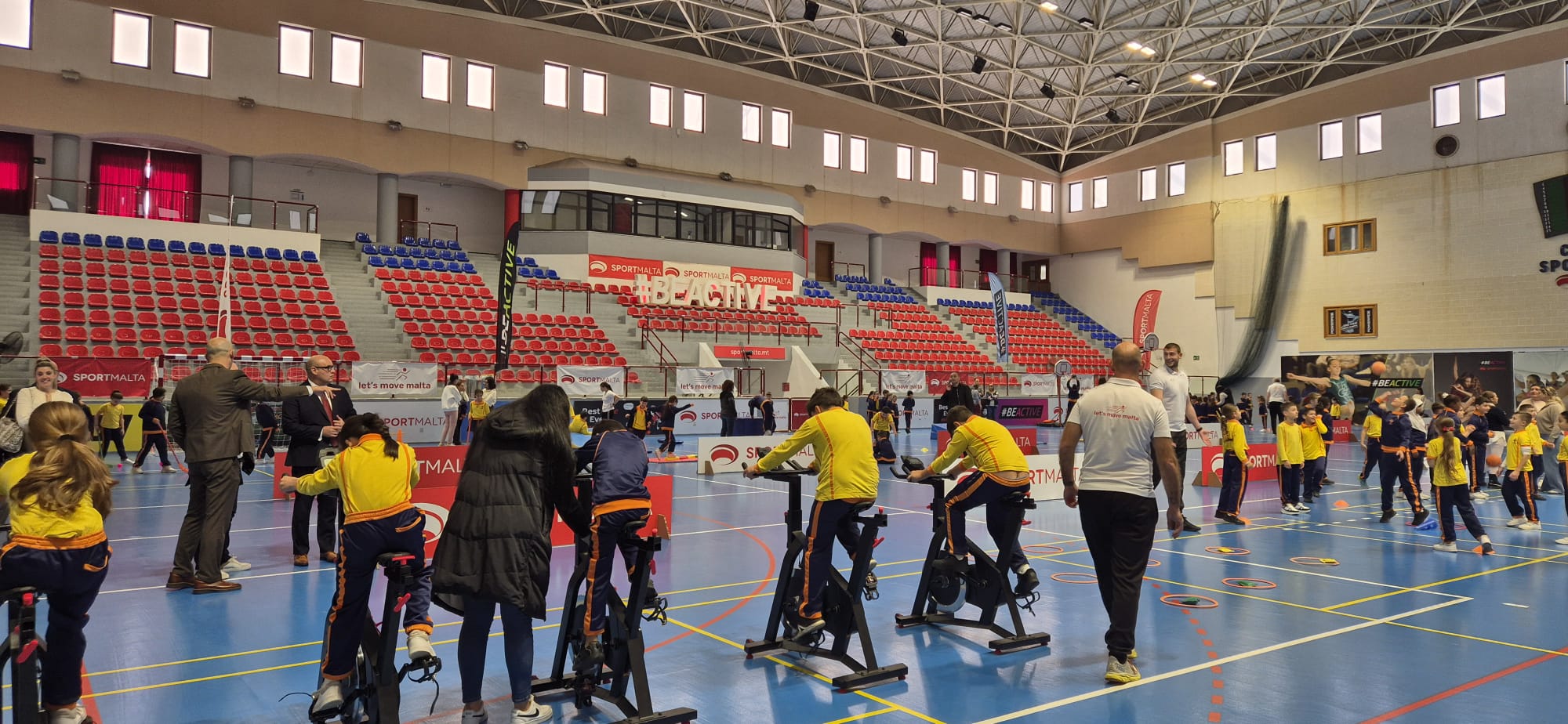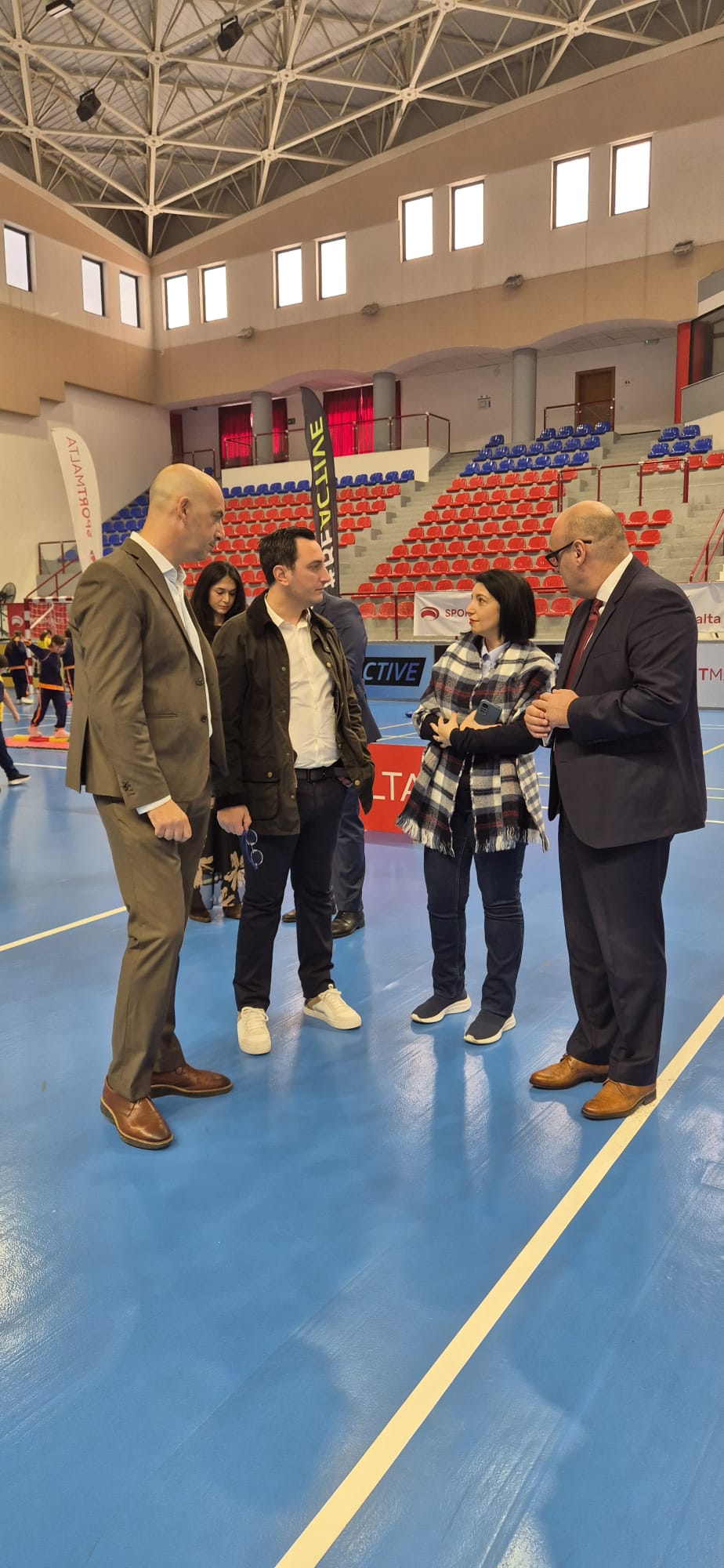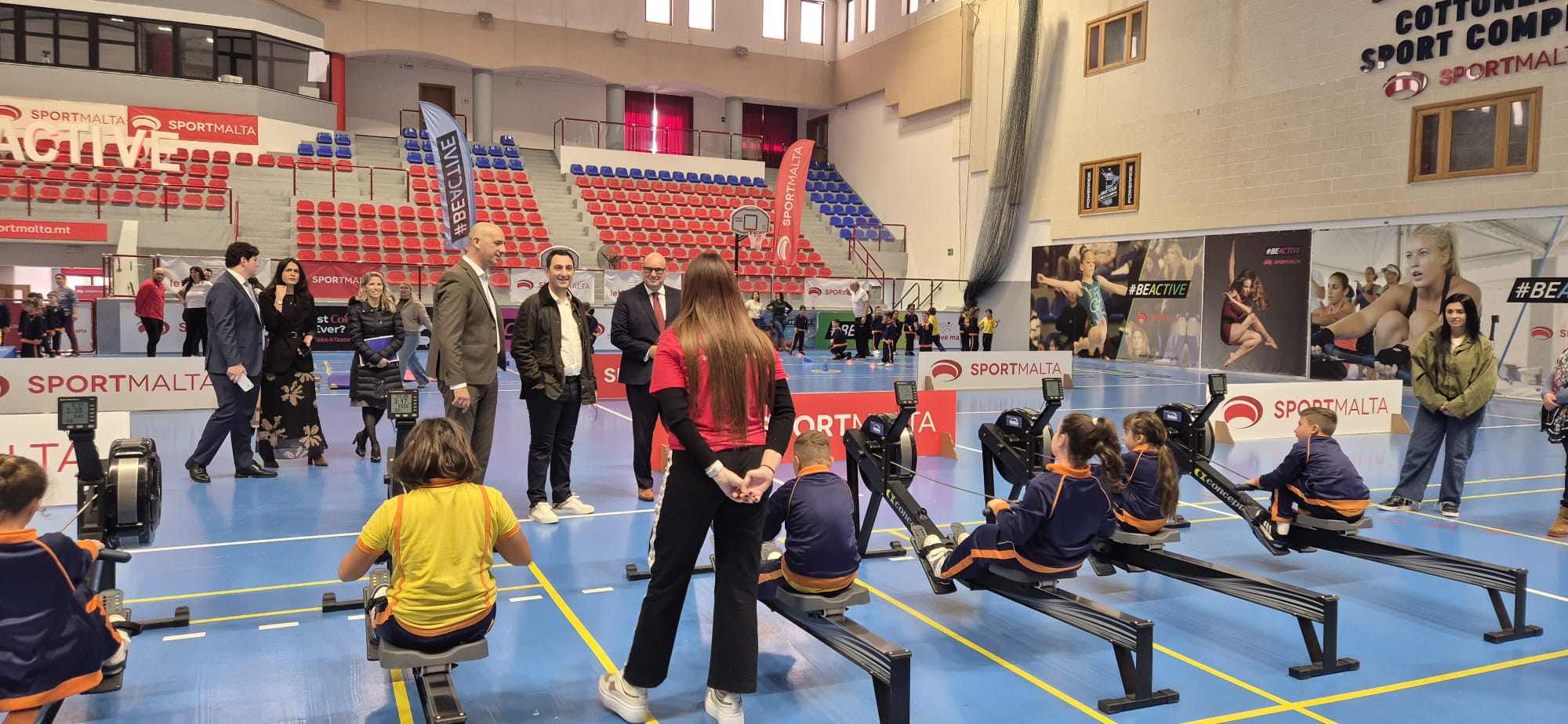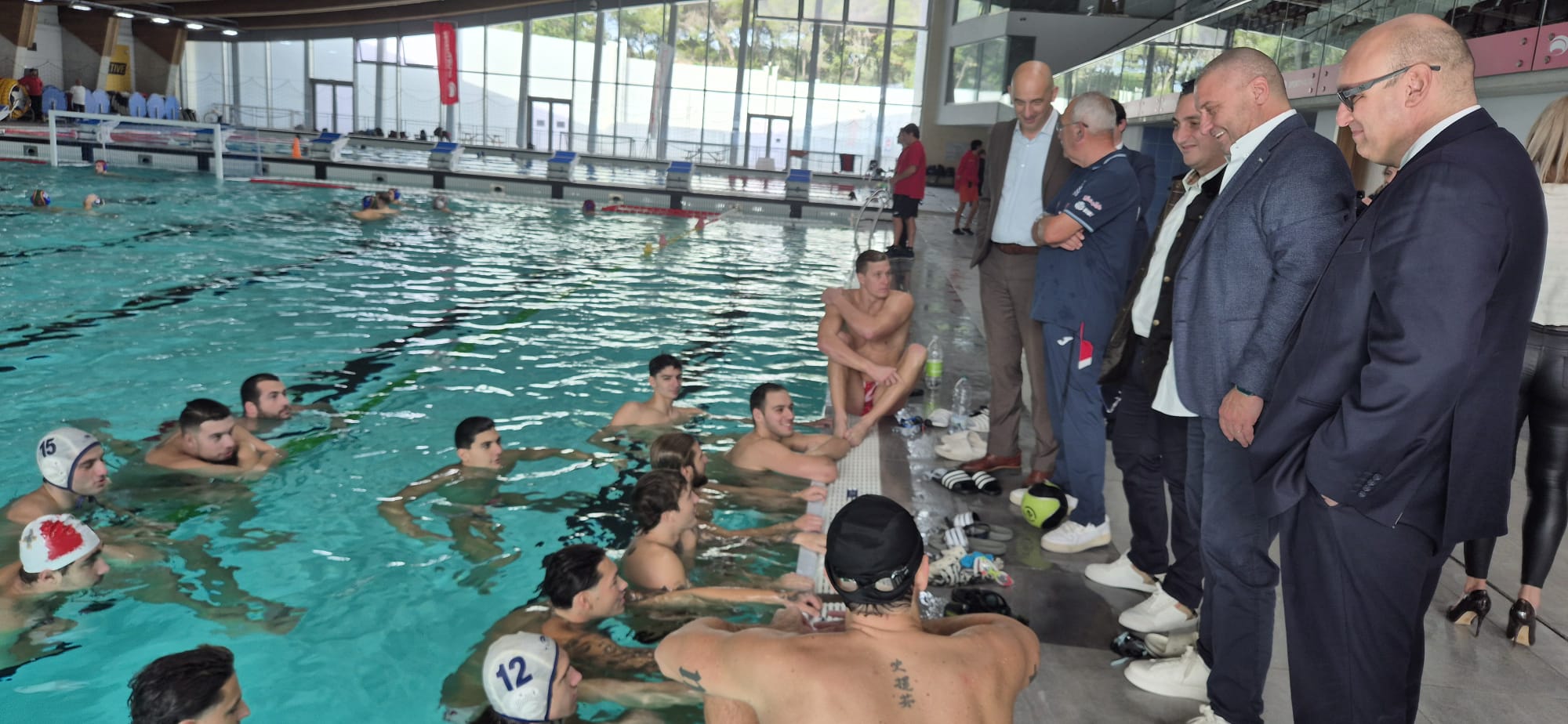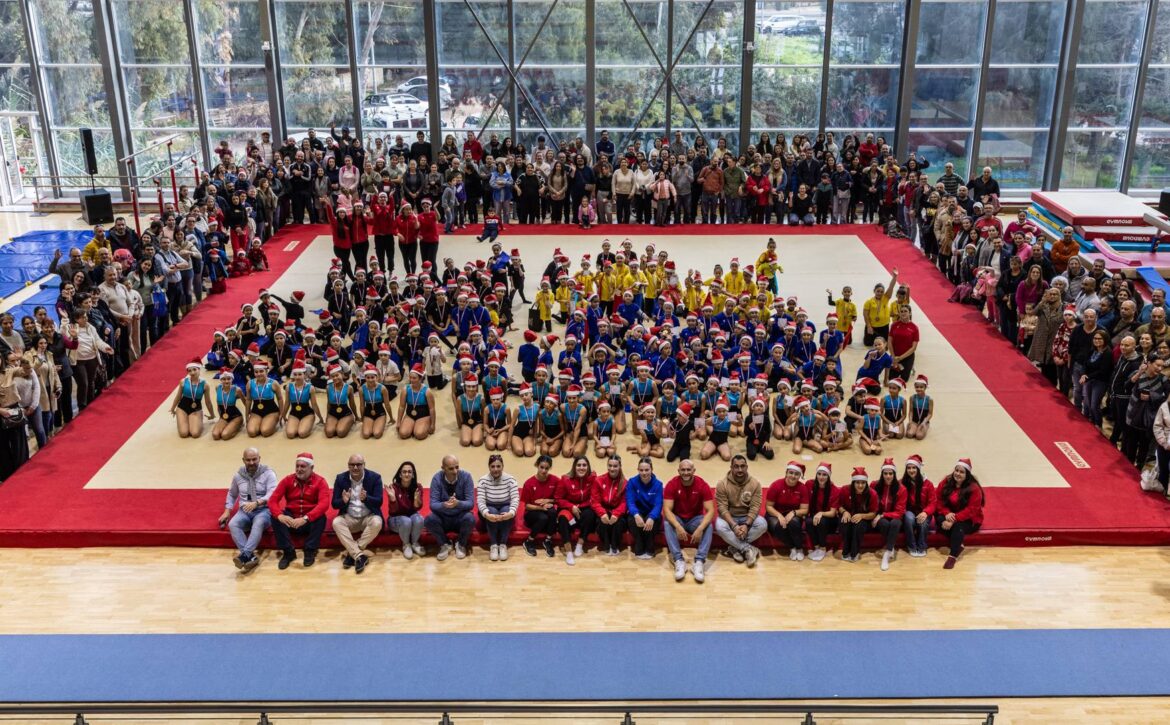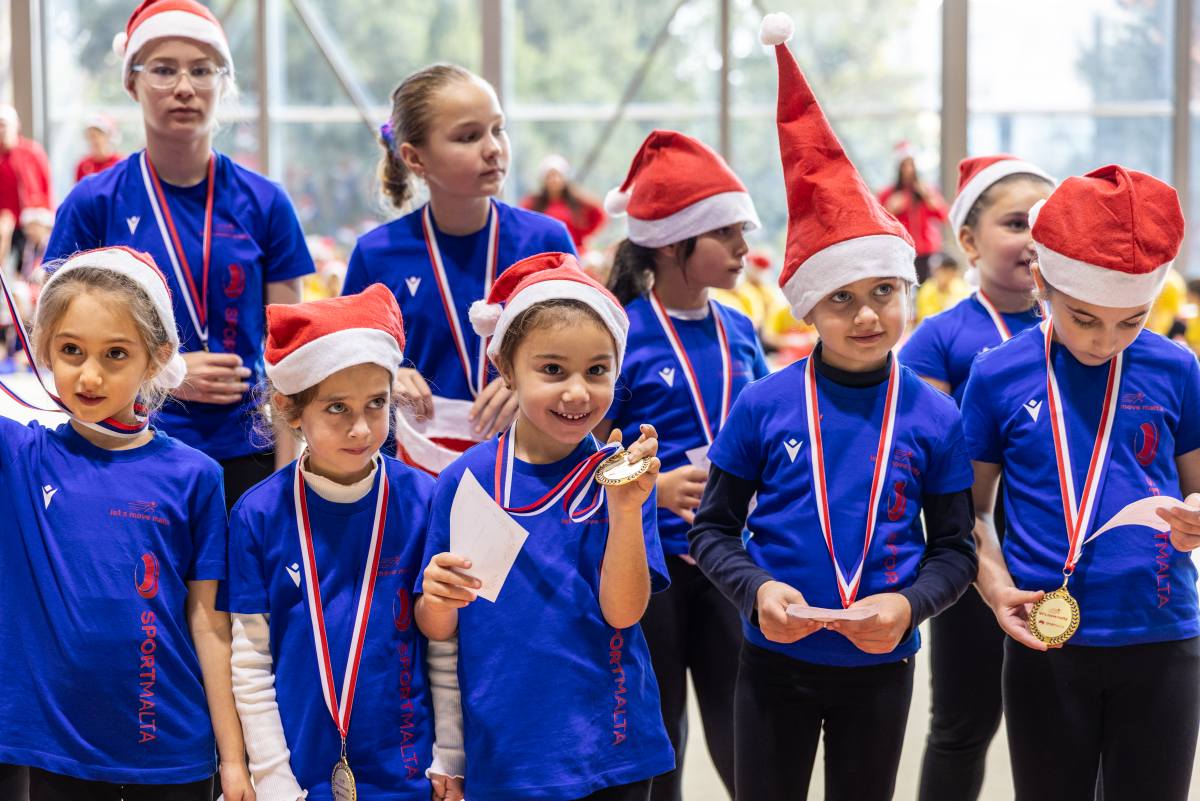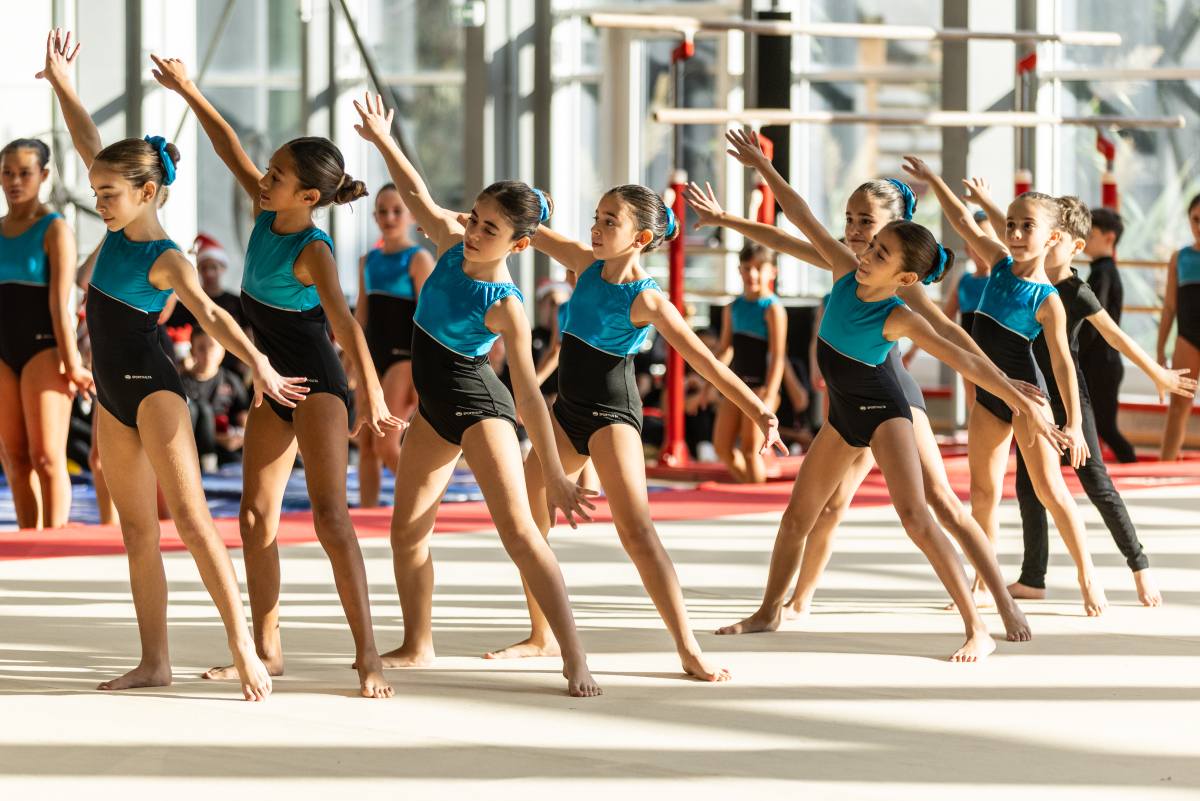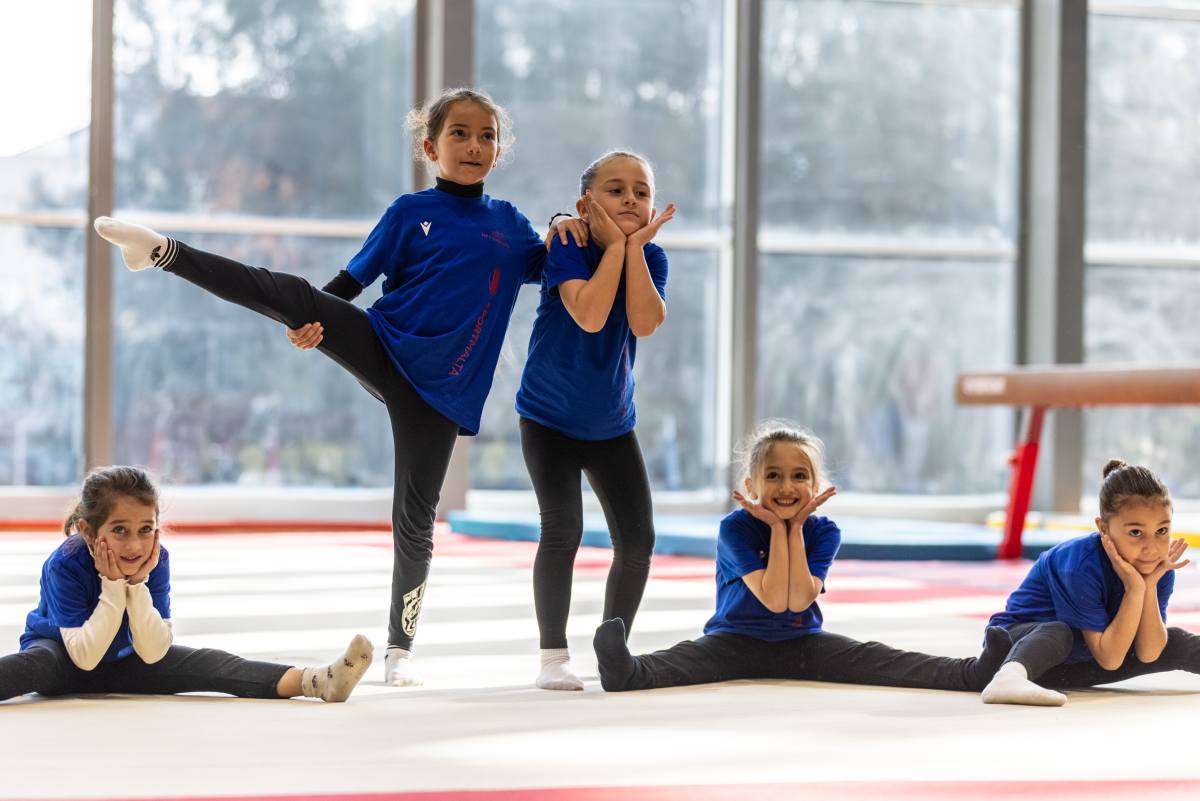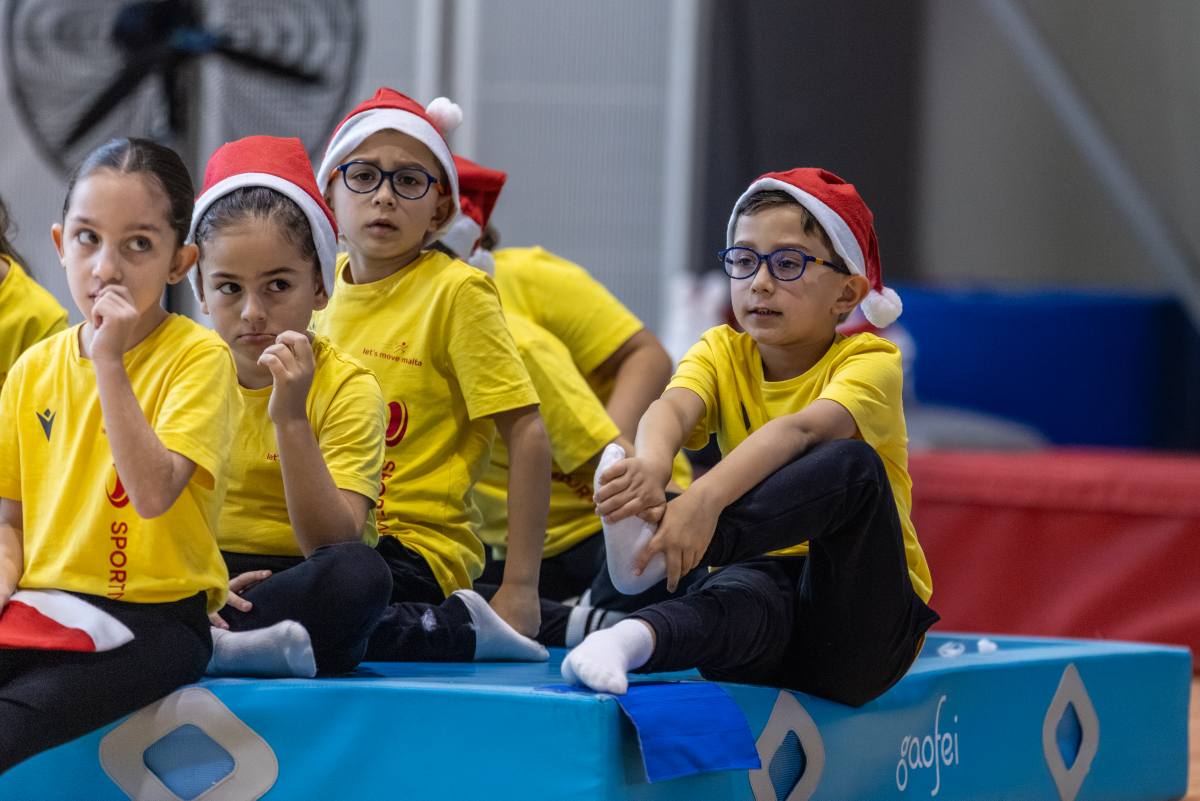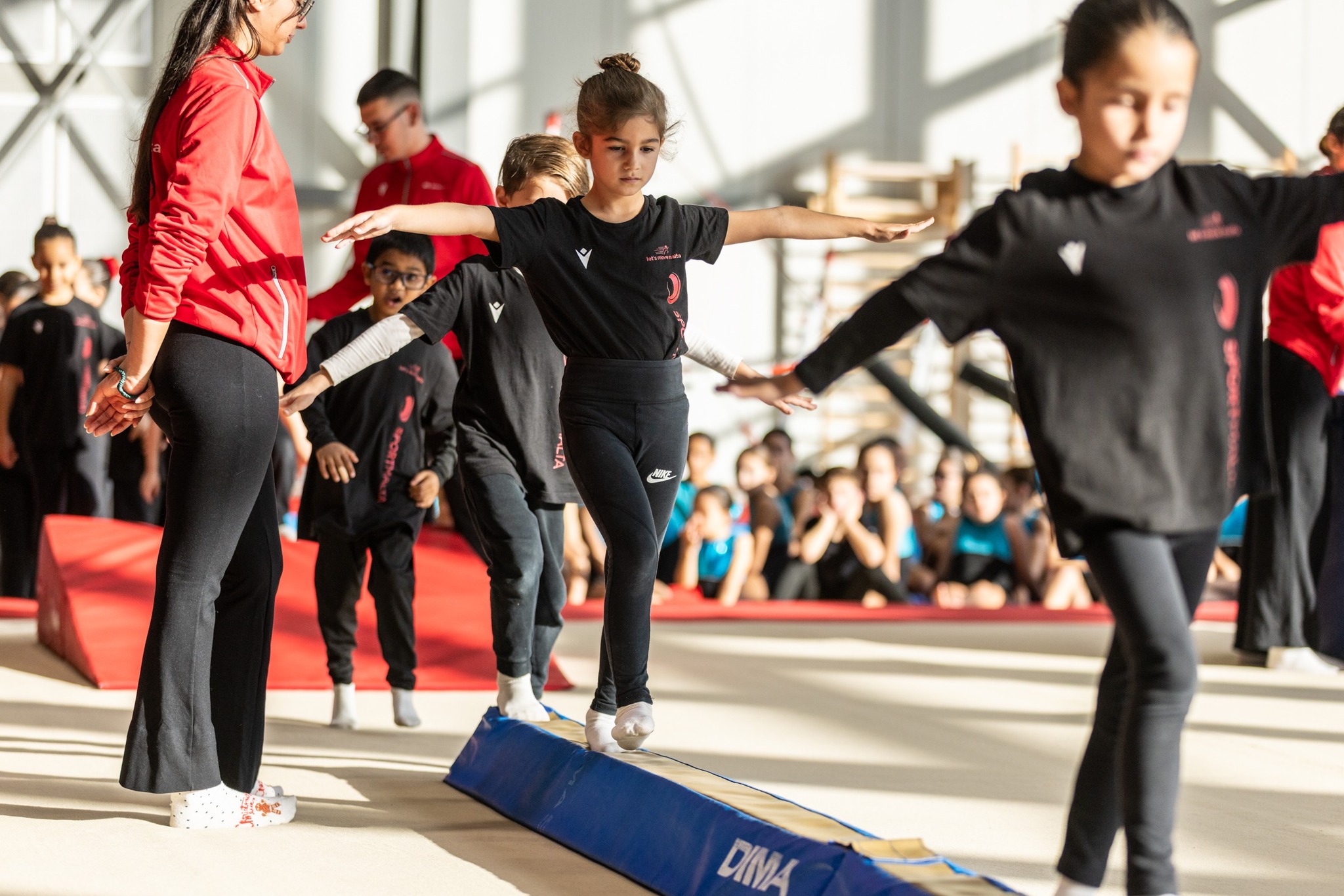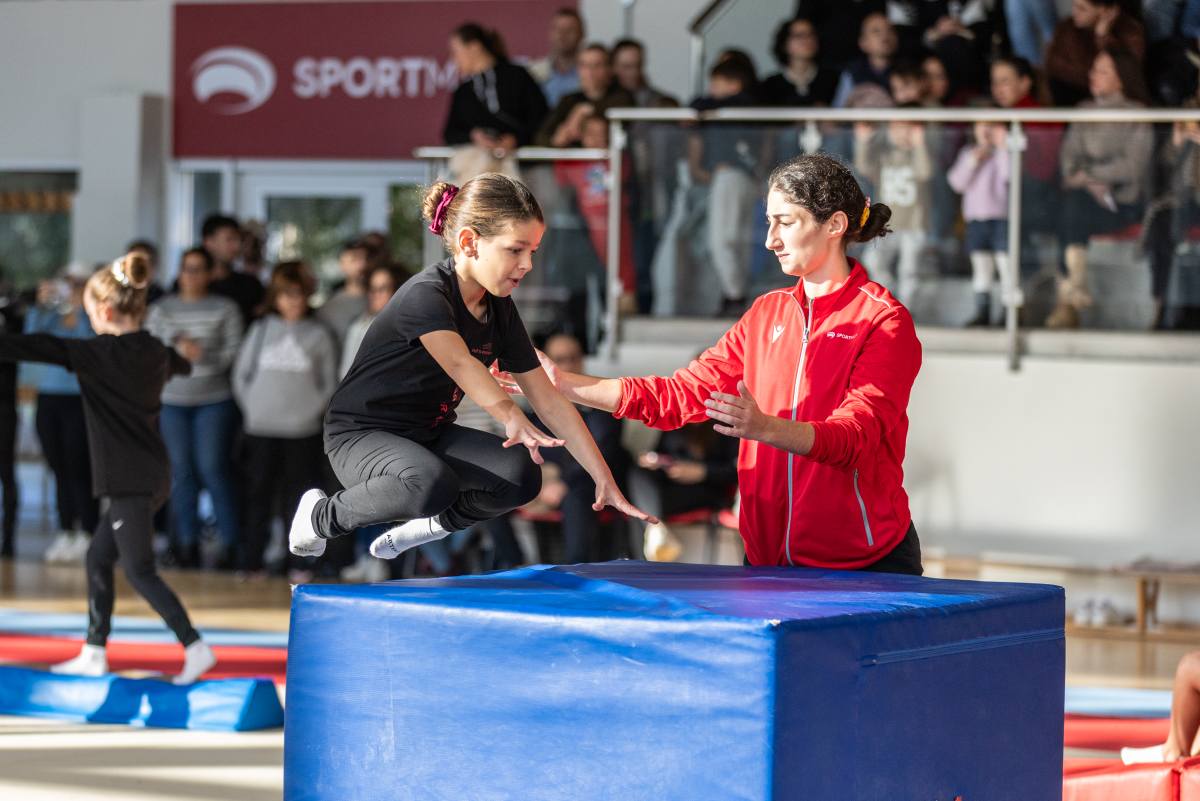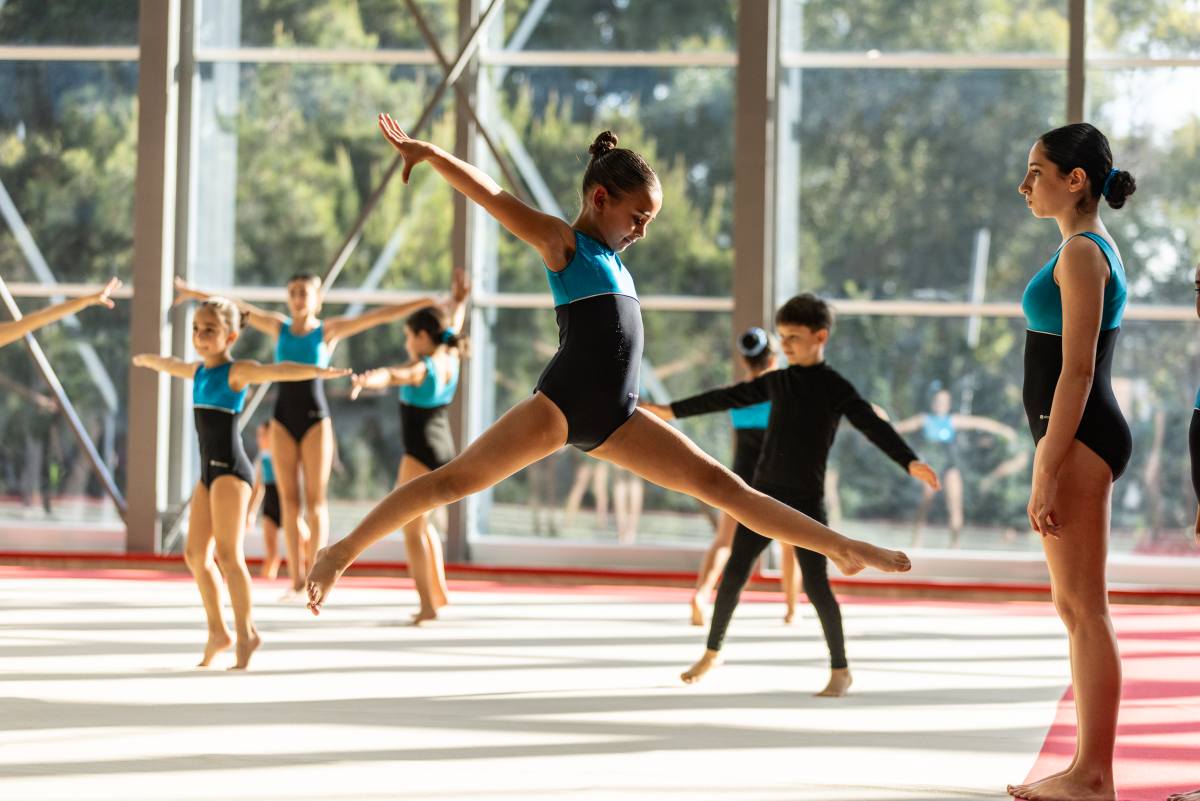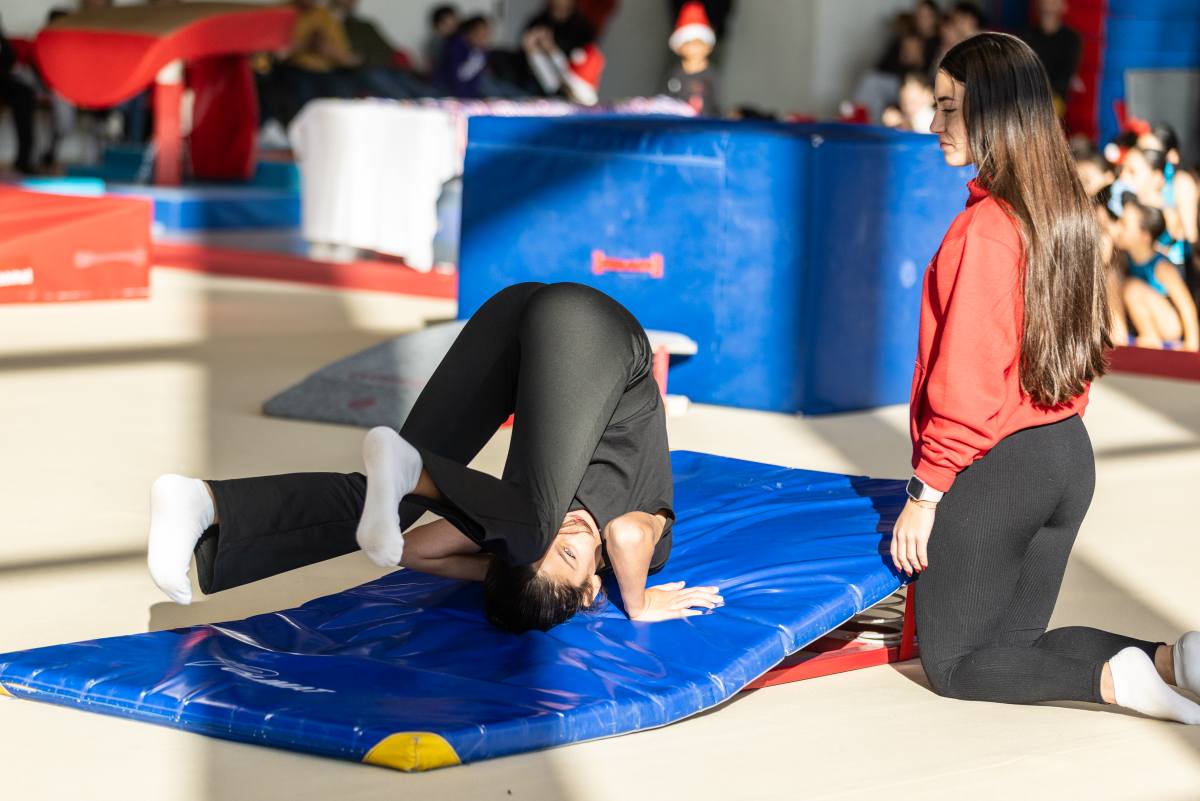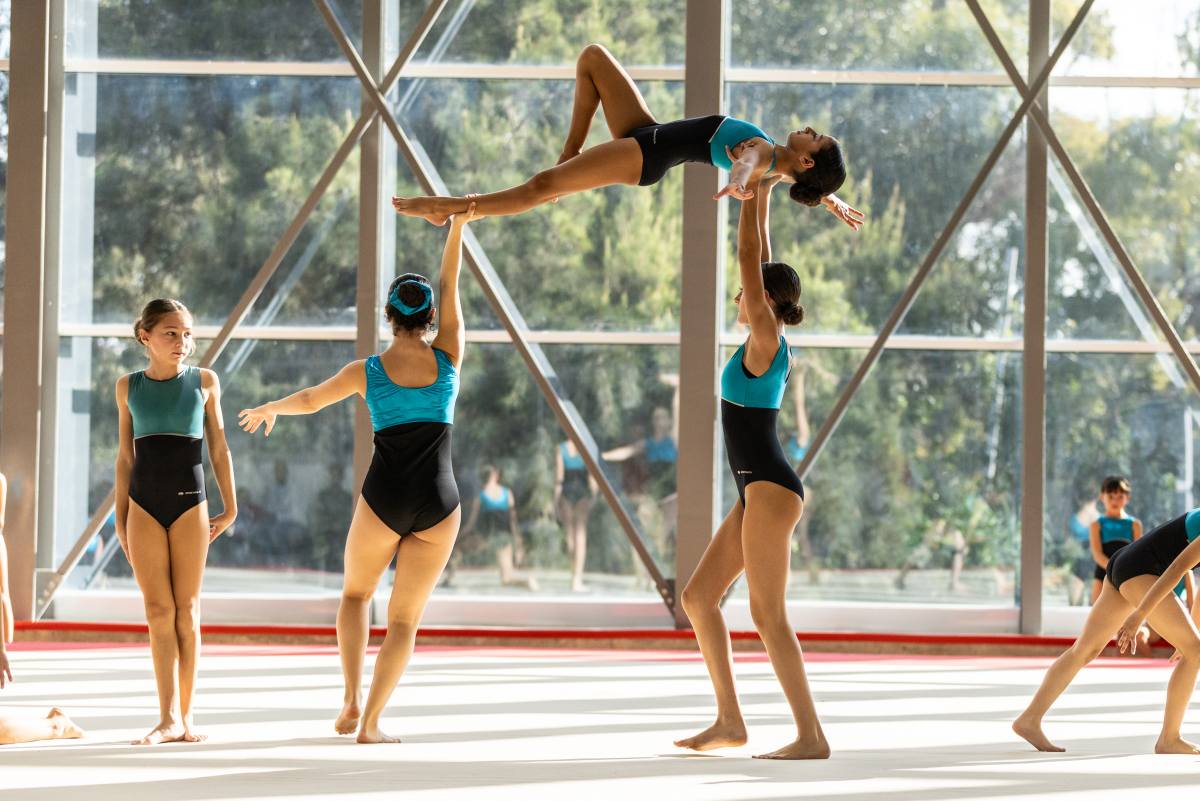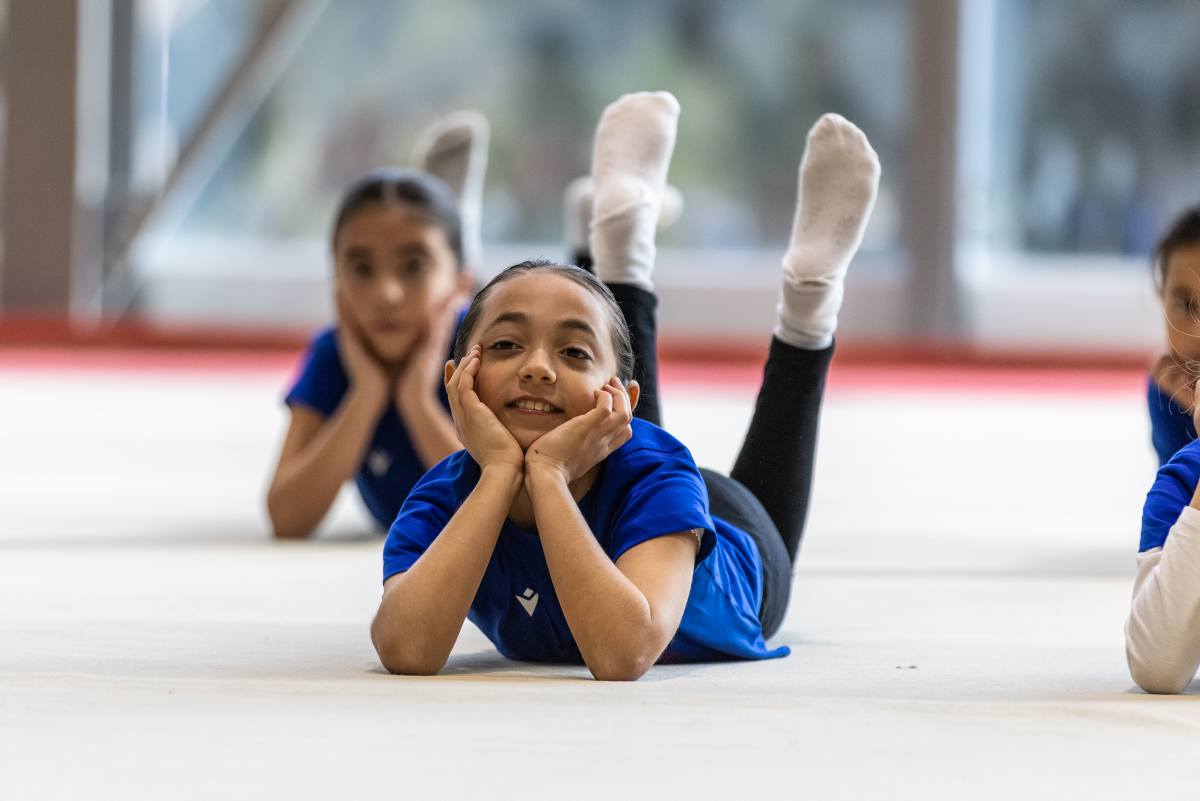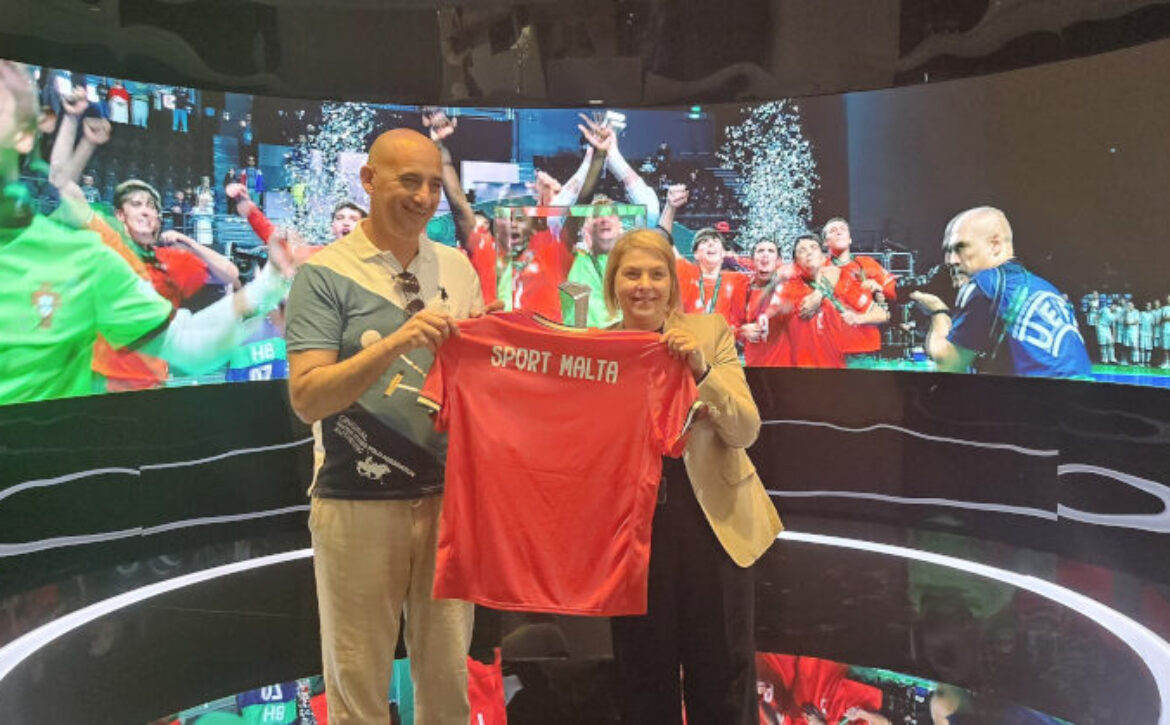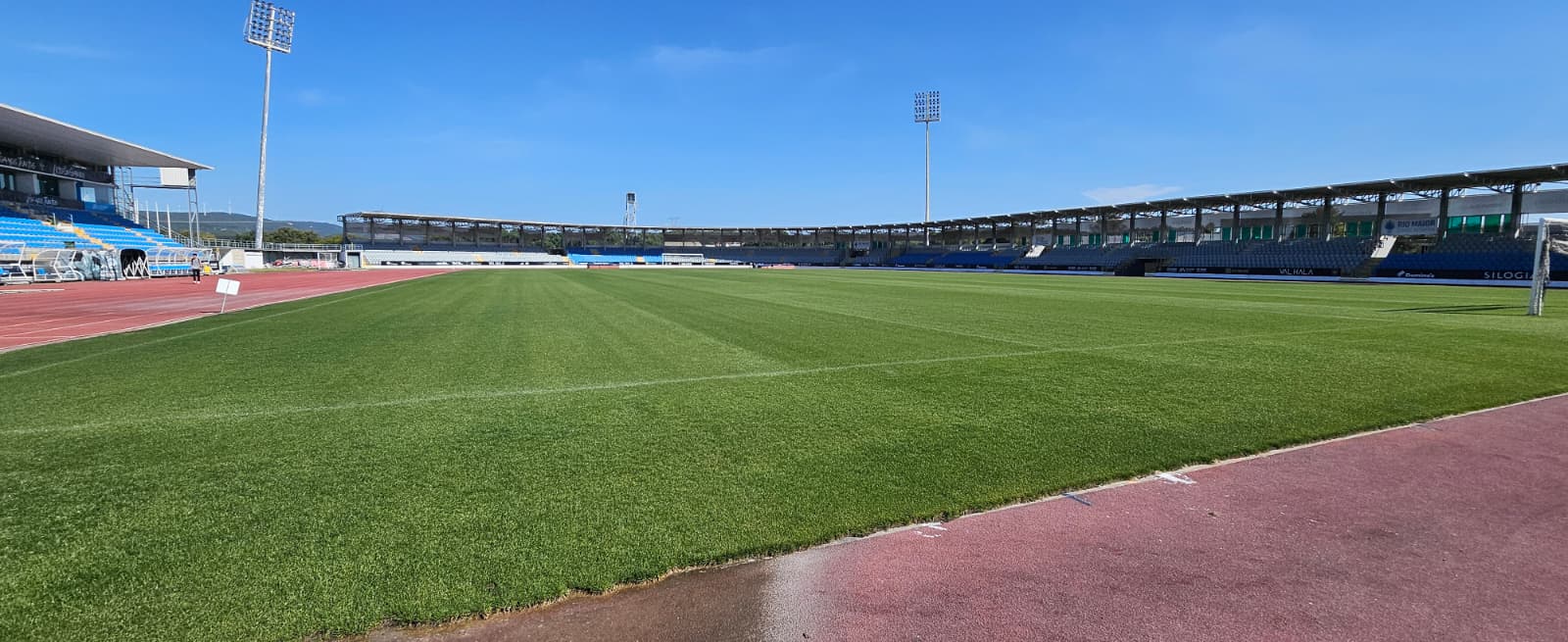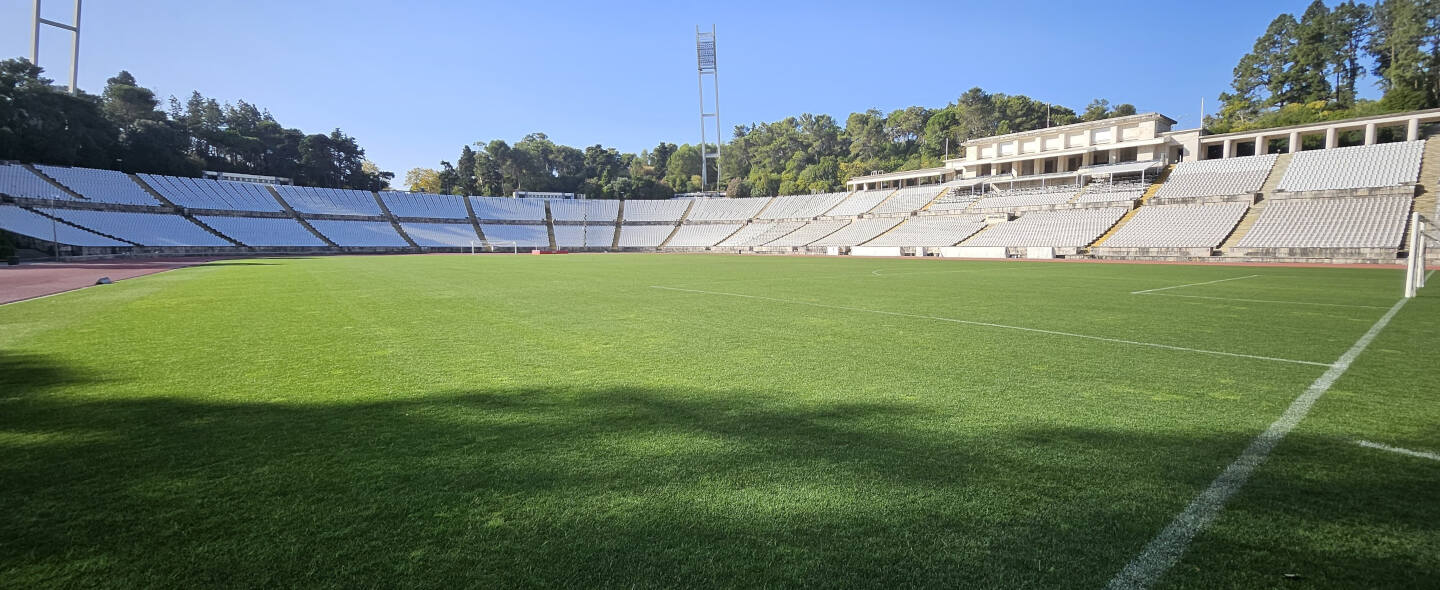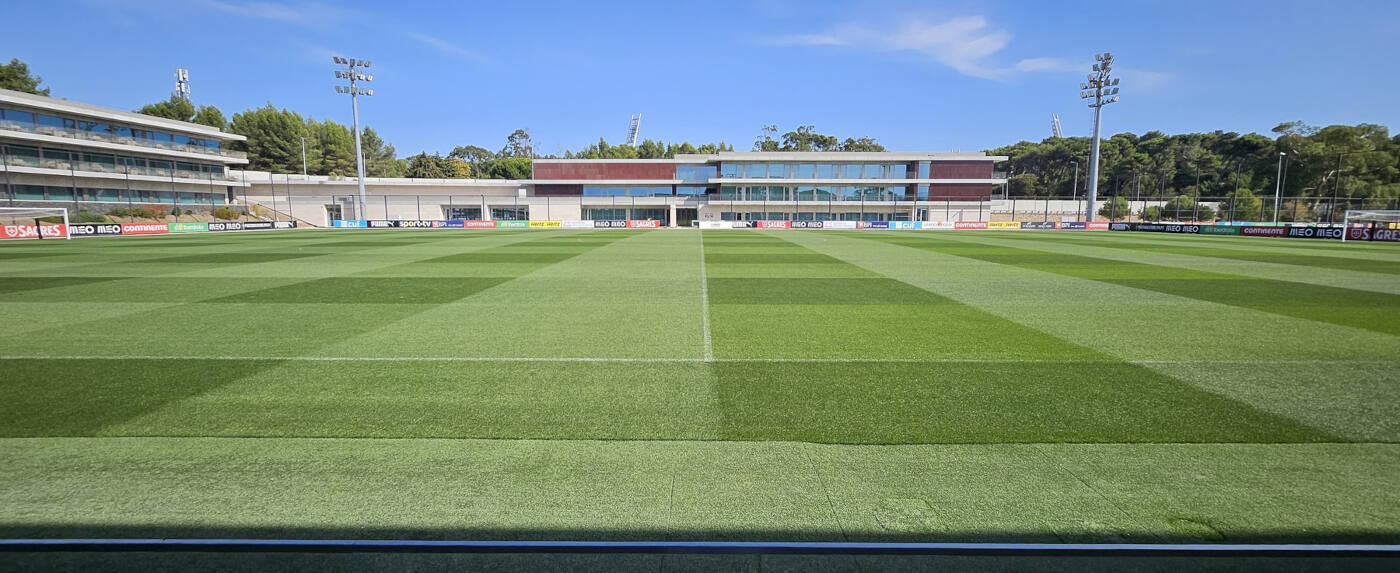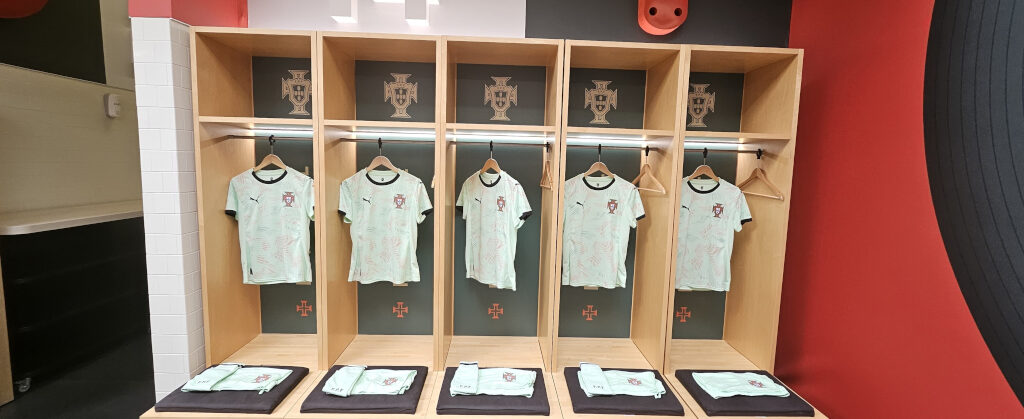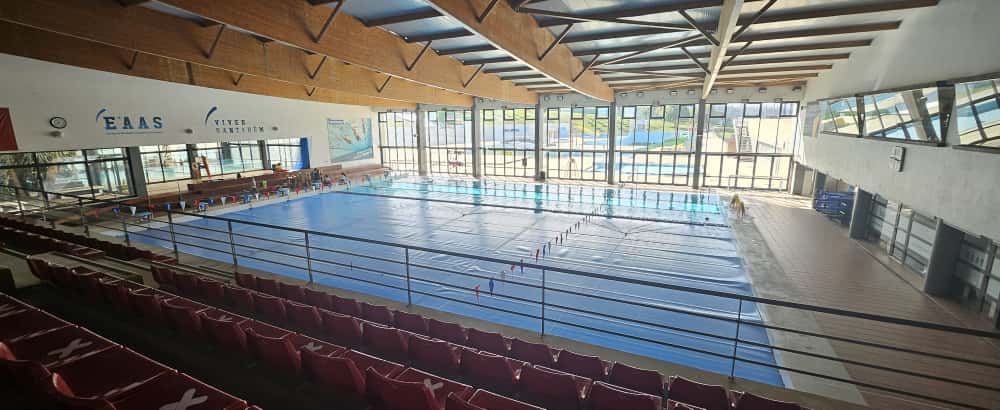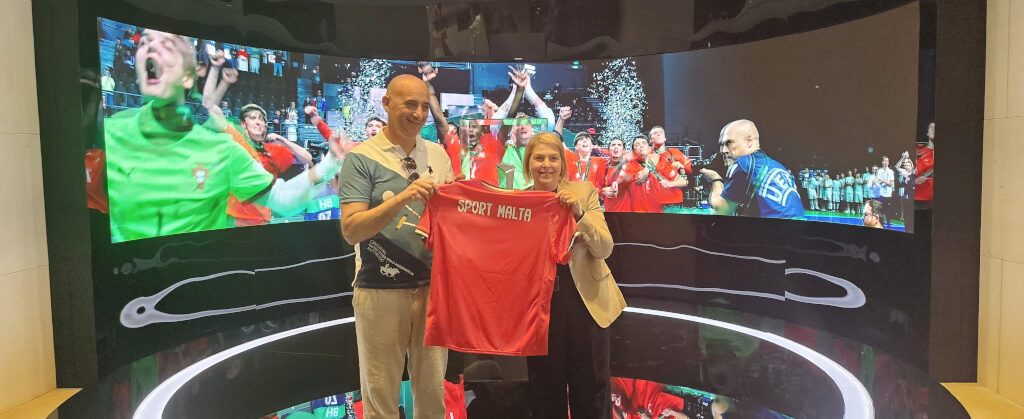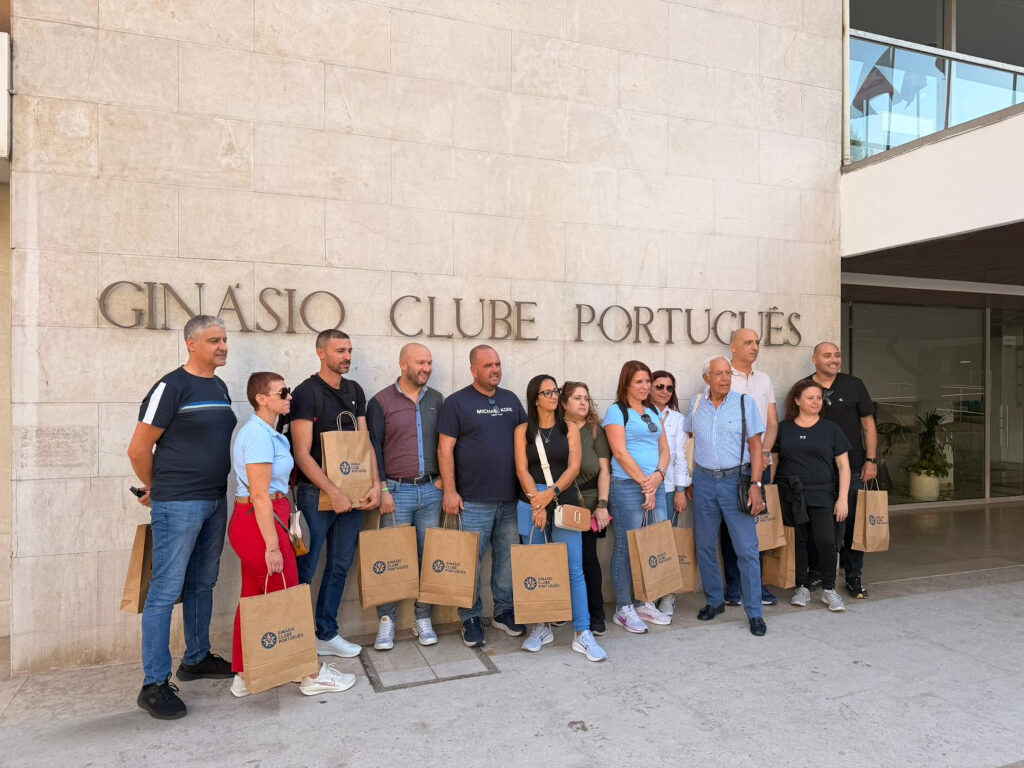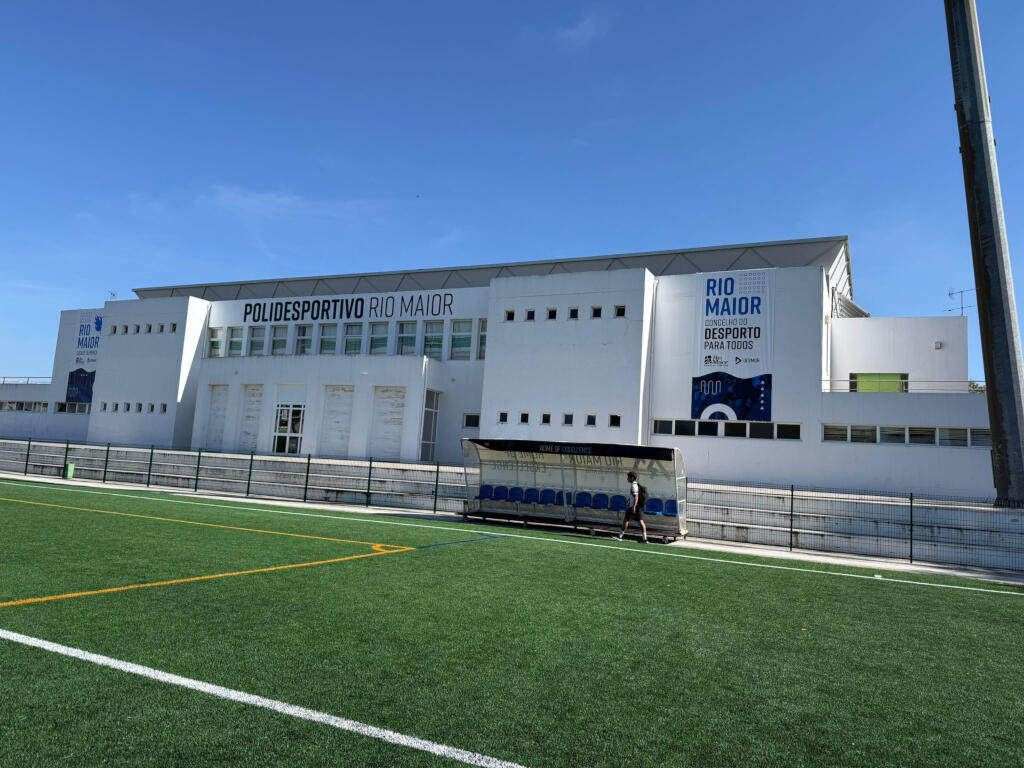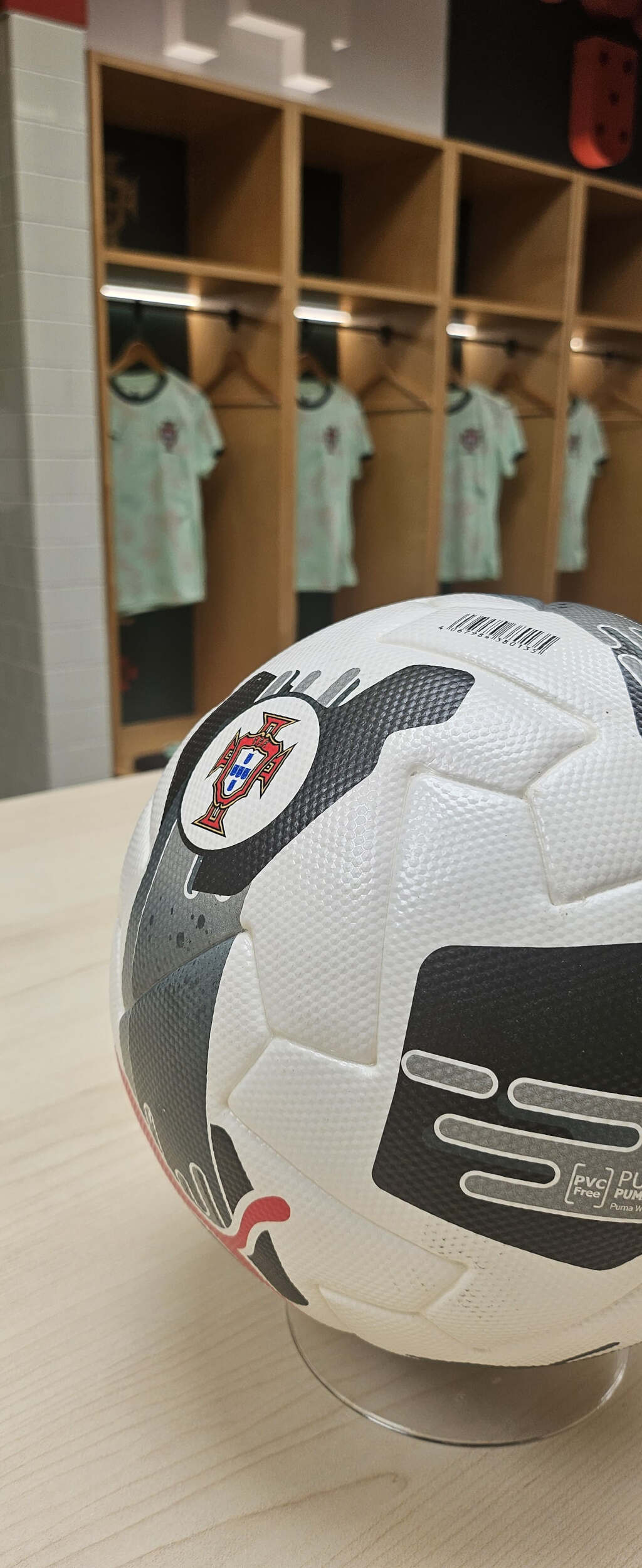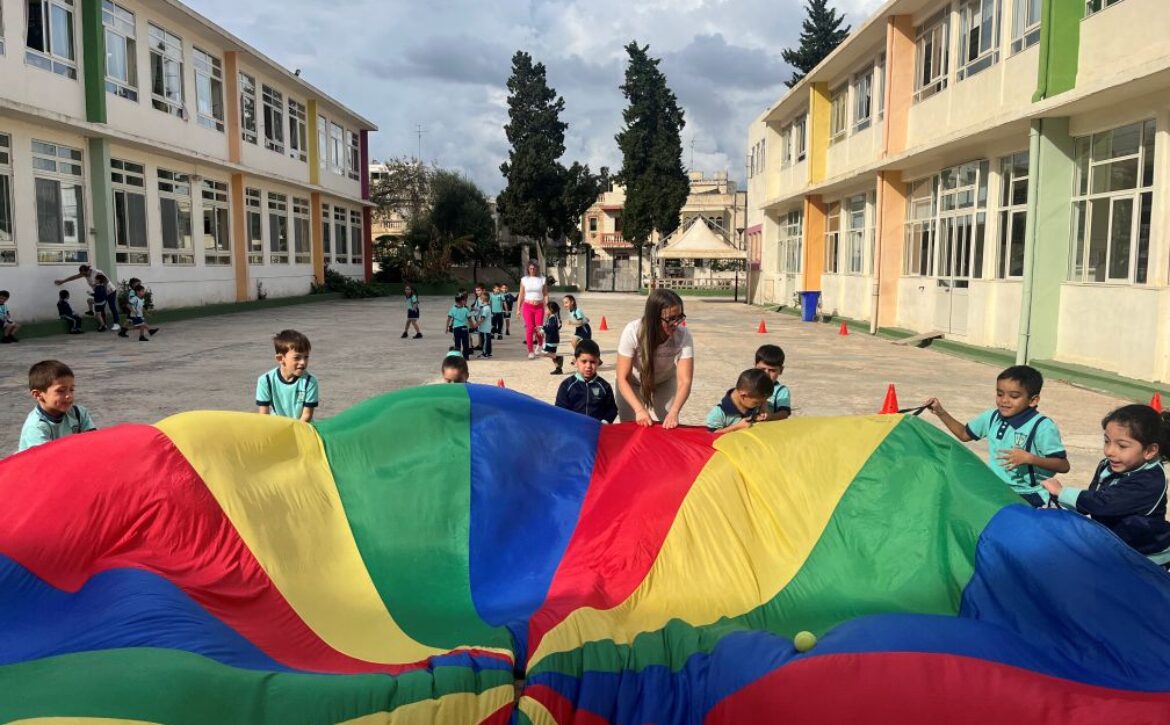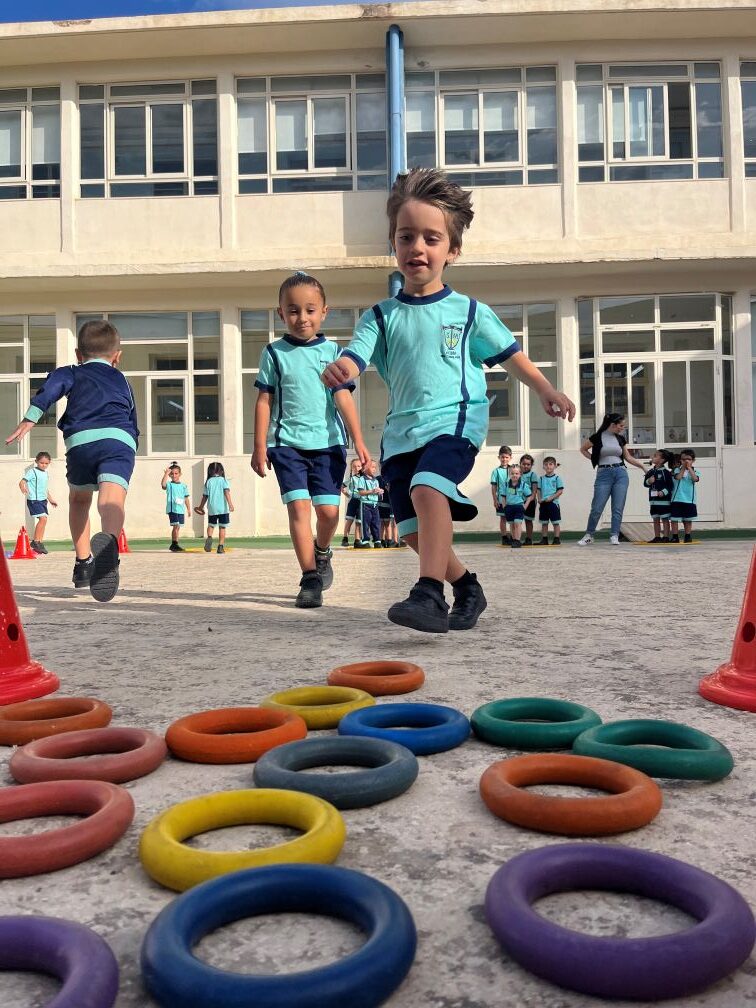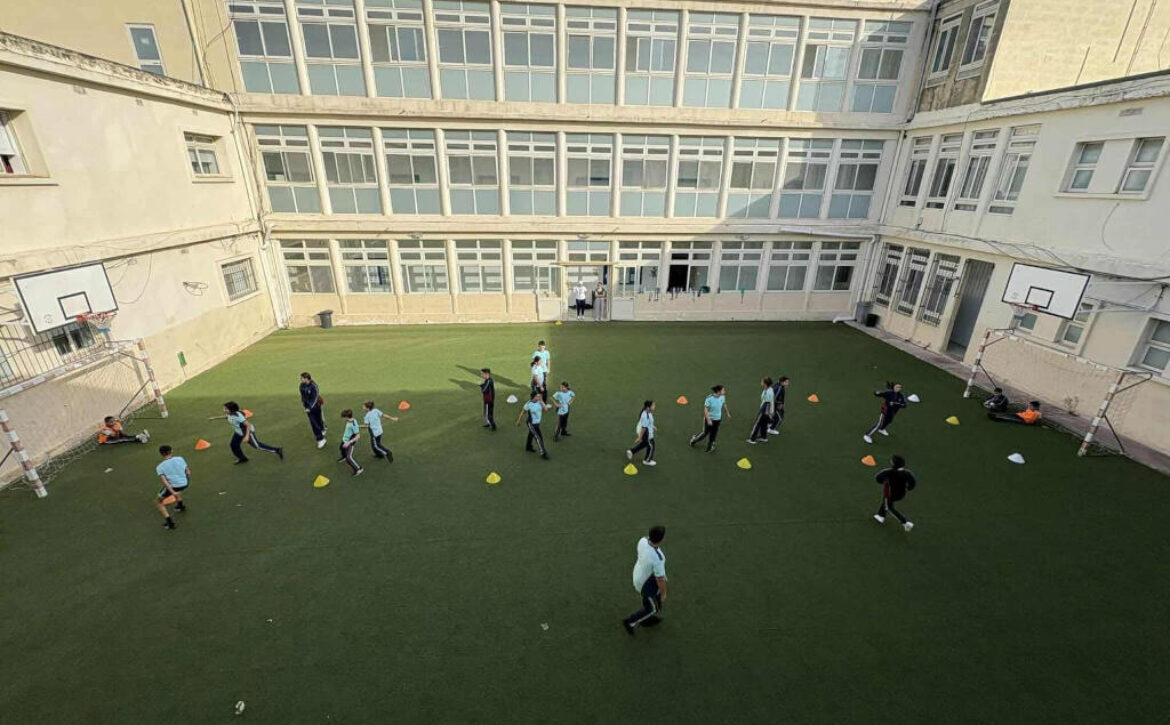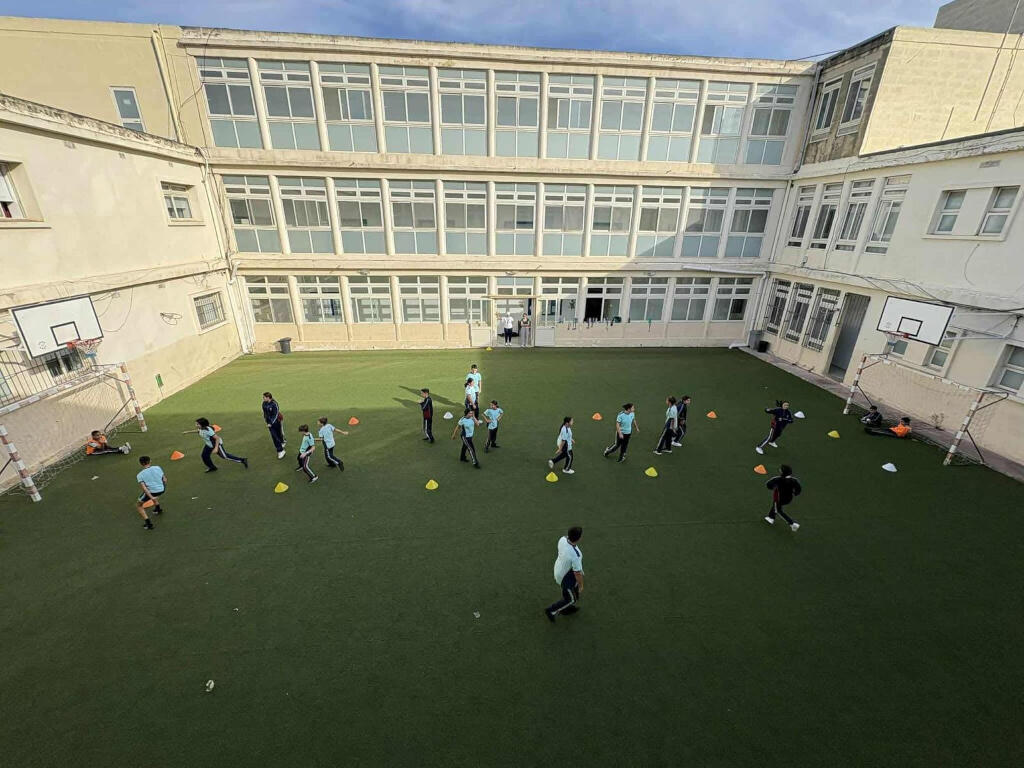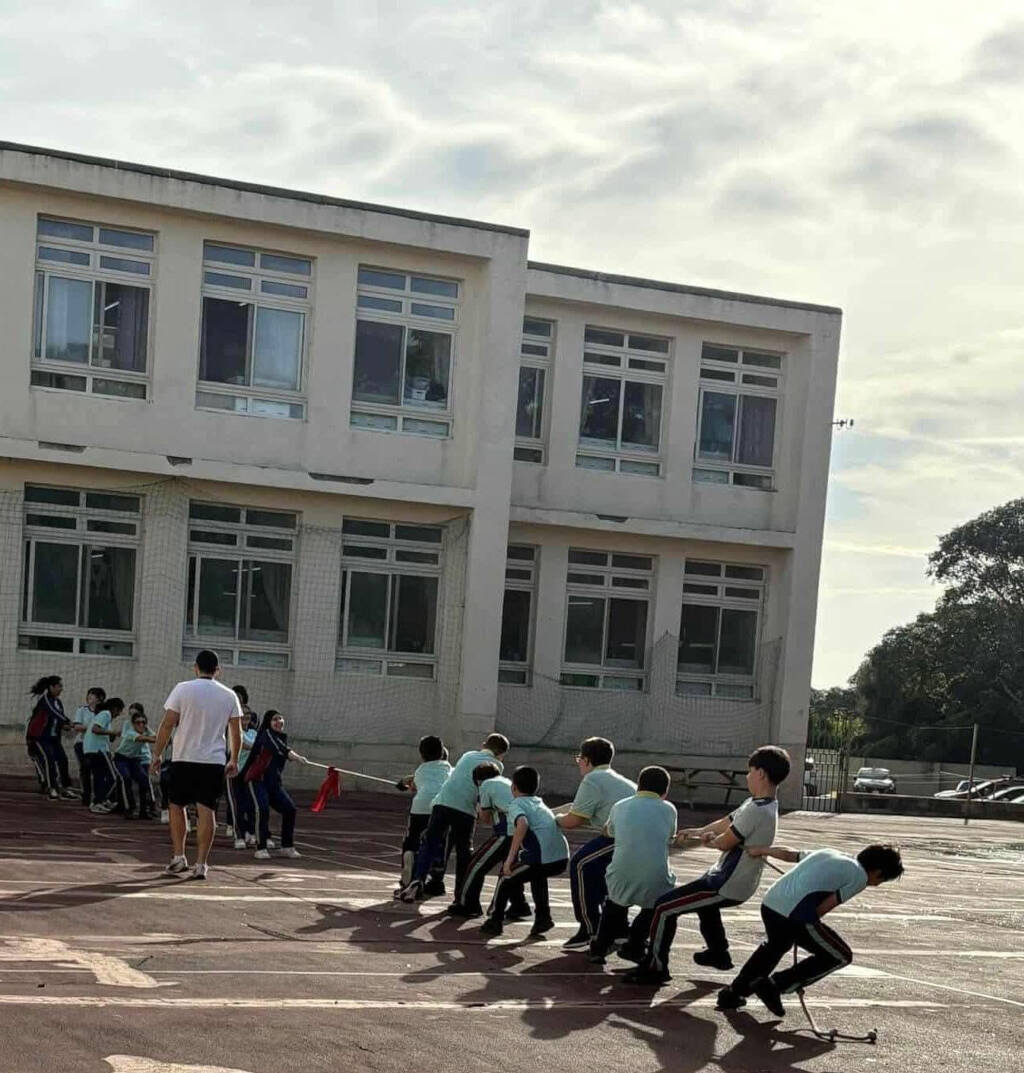Over €1.7 Million in Financial Support Awarded to Malta’s Sports Sector
At the conclusion of SportMalta’s conference “Celebrating Sport in Malta”, the Minister for Education, Sport, Youth, Research and Innovation, Clifton Grima and the Chairman of SportMalta Mr Matthew Pisani announced the allocation of more than €1.7 million (€1,786,993) in government financial assistance to the sports sector through SportMalta. This funding will benefit 112 sports associations and organisations and is aimed at supporting athletes and sports practitioners in meeting their international sporting commitments.
The financial assistance is being distributed through three key SportMalta schemes, the International Participation Scheme, the Bed-Night Scheme, and the Paralympic Scheme. These schemes are designed to strengthen Malta’s sporting ecosystem by ensuring that athletes and organisations receive the necessary support to compete, train, and host events at an international level.
As part of this funding package, the Paralympic Scheme has been allocated a dedicated amount of €250,000. This allocation is specifically earmarked for Paralympic athletes and organisations, providing essential assistance for structured training programmes as well as the purchase of specialised sporting equipment. This investment reflects SportMalta’s ongoing commitment to inclusivity and equal opportunities in sport, ensuring that Paralympic athletes are supported in reaching their full potential on the international stage.
SportMalta, has for many years operated schemes aimed at attracting sports tourism to Malta and Gozo. Through experience and continuous consultation with stakeholders, these schemes have been refined and improved to become more effective and beneficial to the local sports sector.
Over the years, the Bed-Night Scheme has been revamped to ensure that sports entities benefit in a fair and equitable manner, taking into consideration the scale of the event organised, and the number of bed-nights generated by foreign participants. As a result, Federations, Associations, Clubs, and Foundations are encouraged to take advantage of this scheme, which not only supports sport but also contributes positively to the tourism and local economy. Thanks to the continued development of this initiative, an increasing number of sports entities apply for the scheme every year.
In addition, SportMalta continues to operate the International Participation Scheme, which is intended to assist national teams and individual athletes forming part of National Sports Organisations in their technical preparations for international competitions abroad. This includes participation in overseas competitions, club tournaments, and training camps endorsed by the relevant National Sports Organisation.
Through this scheme, SportMalta provides partial financial assistance towards expenses incurred by National Sports Organisations when participating in international competitions and training camps abroad. This support plays a crucial role in enhancing athlete preparation, performance, and exposure at the highest levels of competition.
Together, these schemes reaffirm SportMalta’s commitment to investing in sport, supporting athletes, and strengthening Malta’s presence on the international sporting stage.


“Funded by the European Union. Views and opinions expressed are however those of the author(s) only and do not necessarily reflect those of the European Union. Neither the European Union nor the granting authority can be held responsible for them.”

